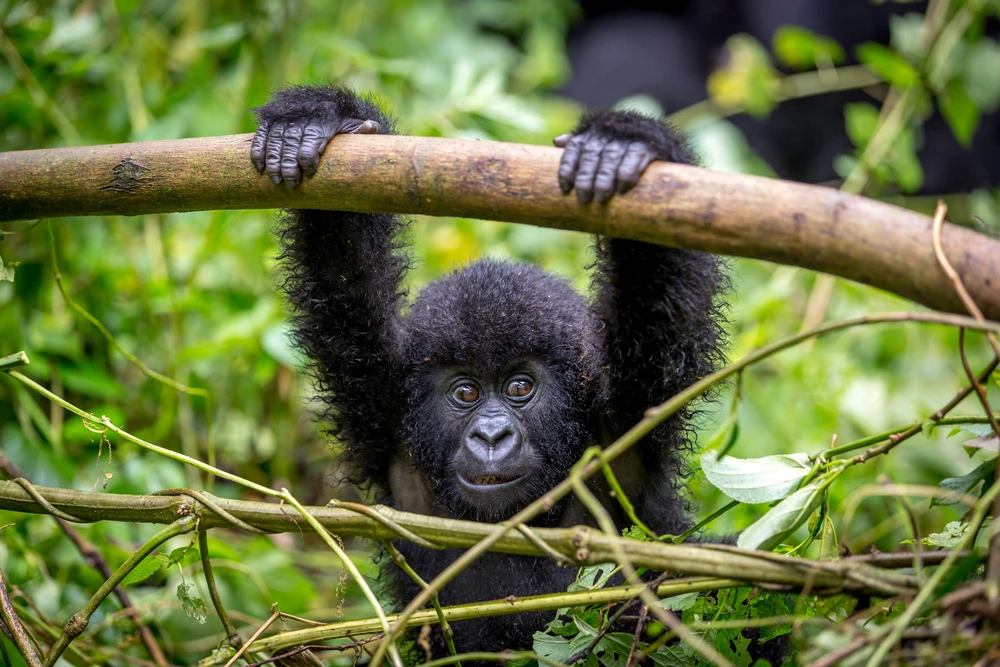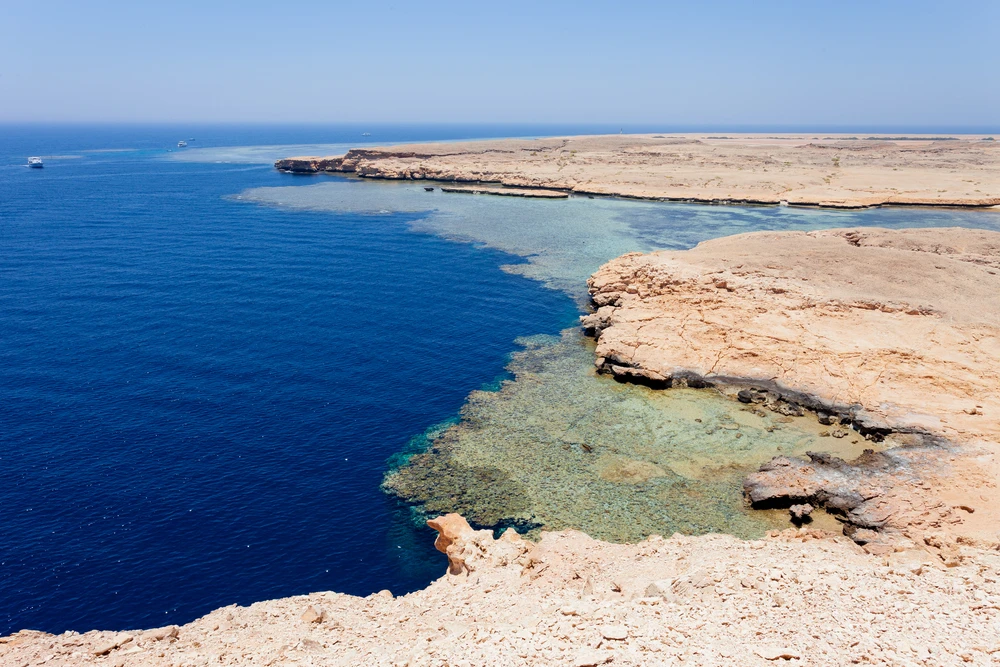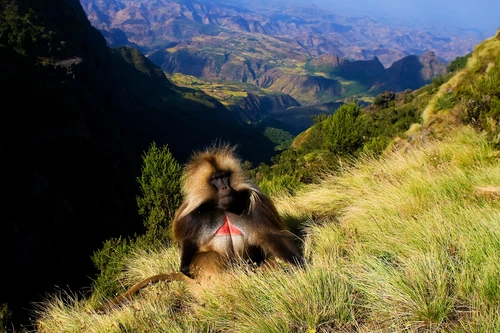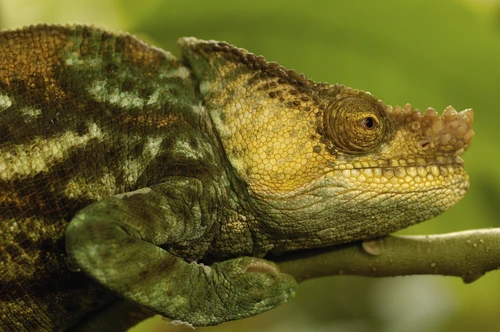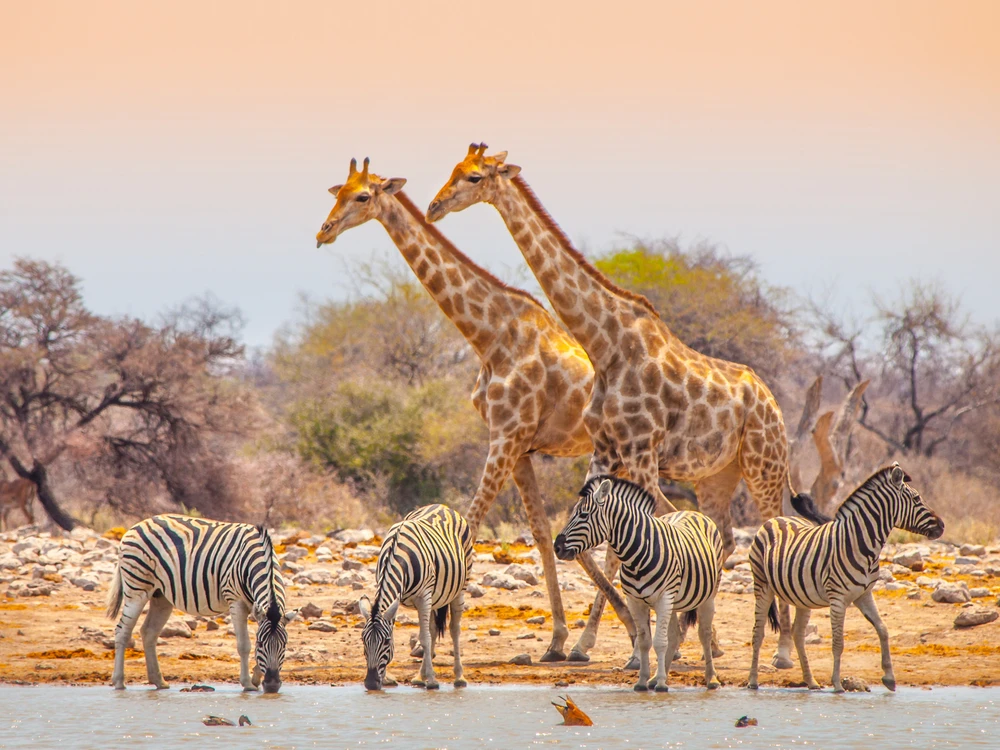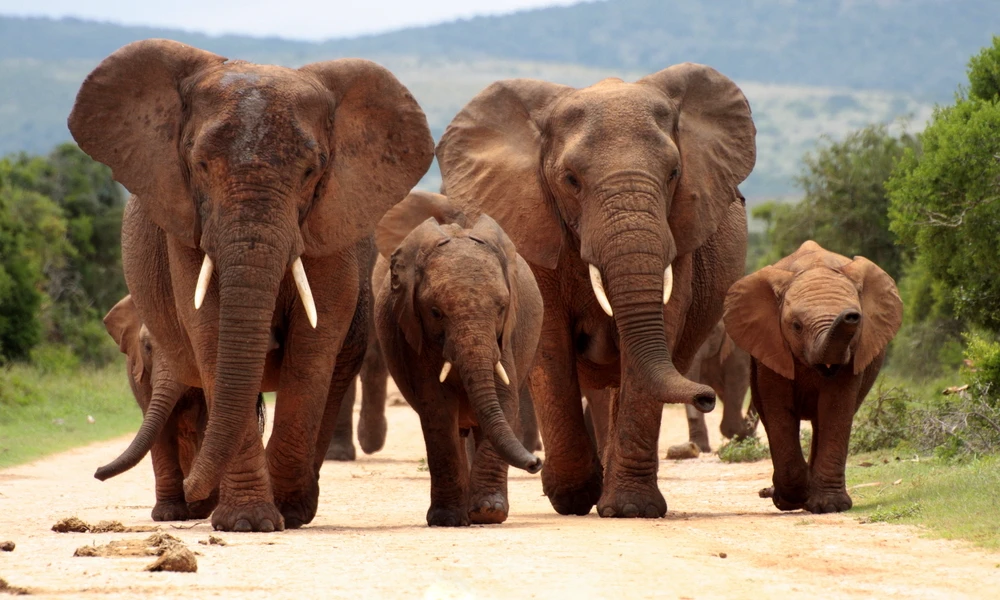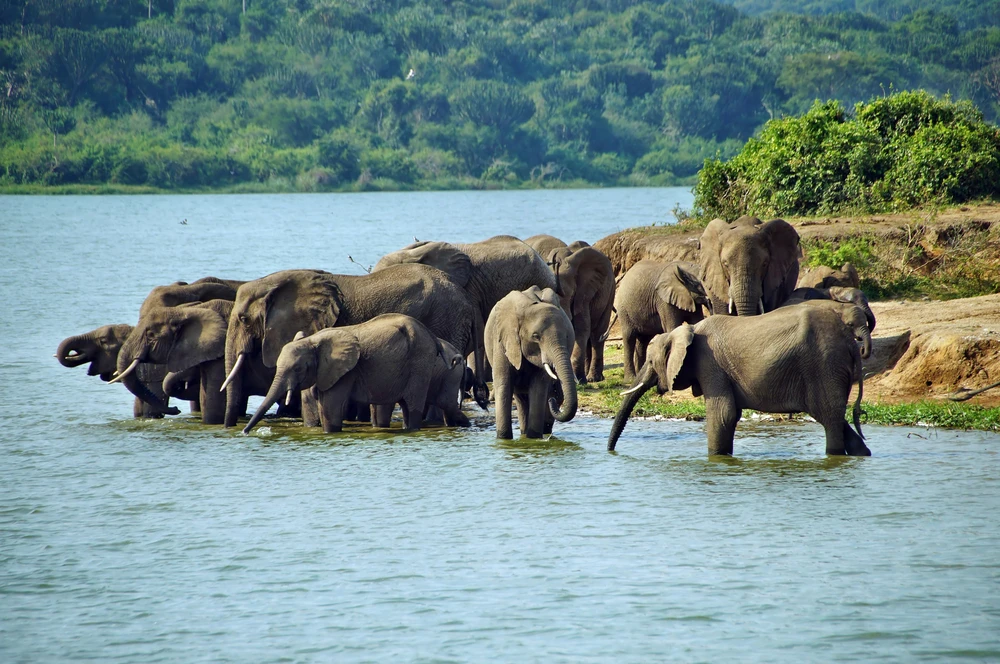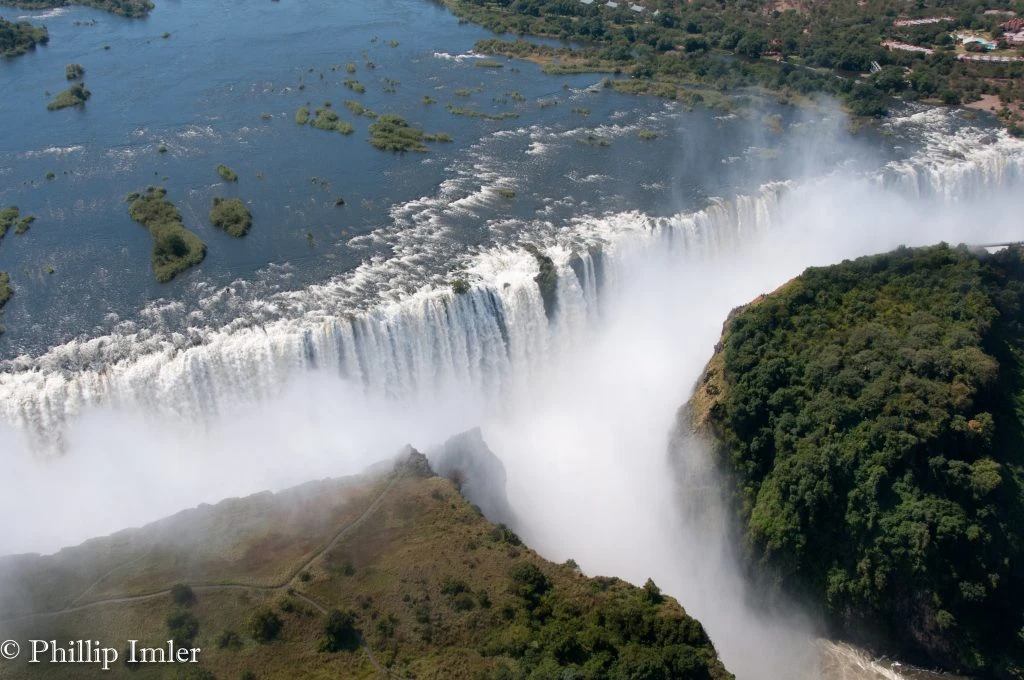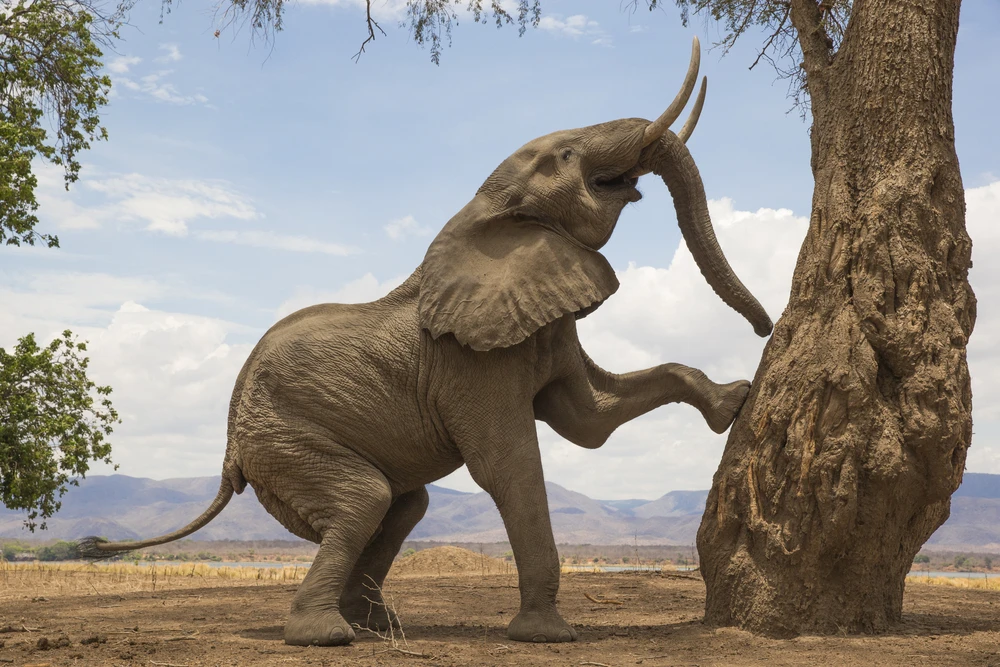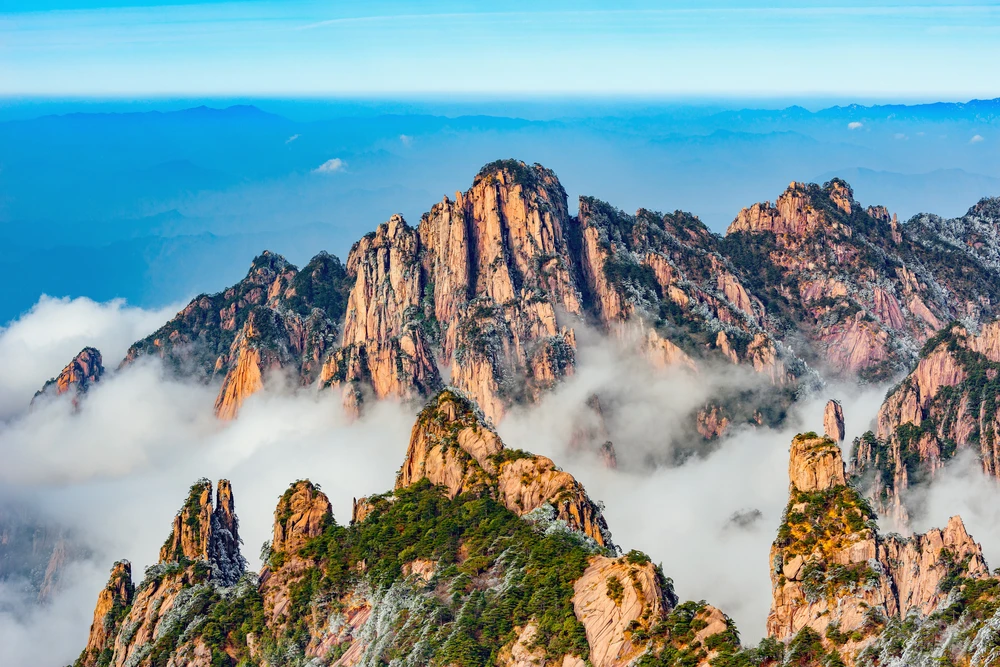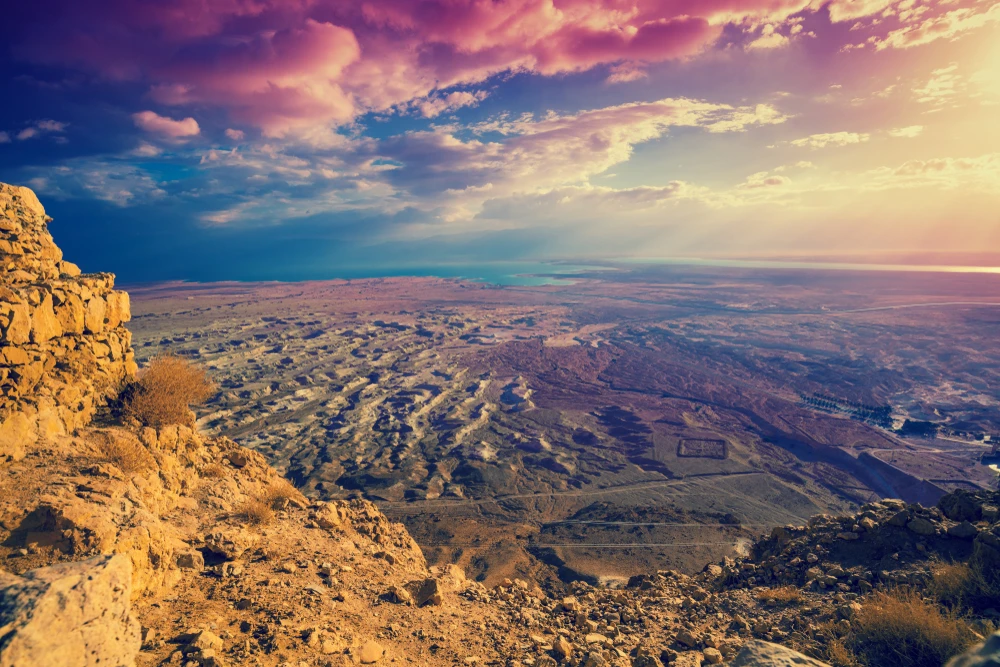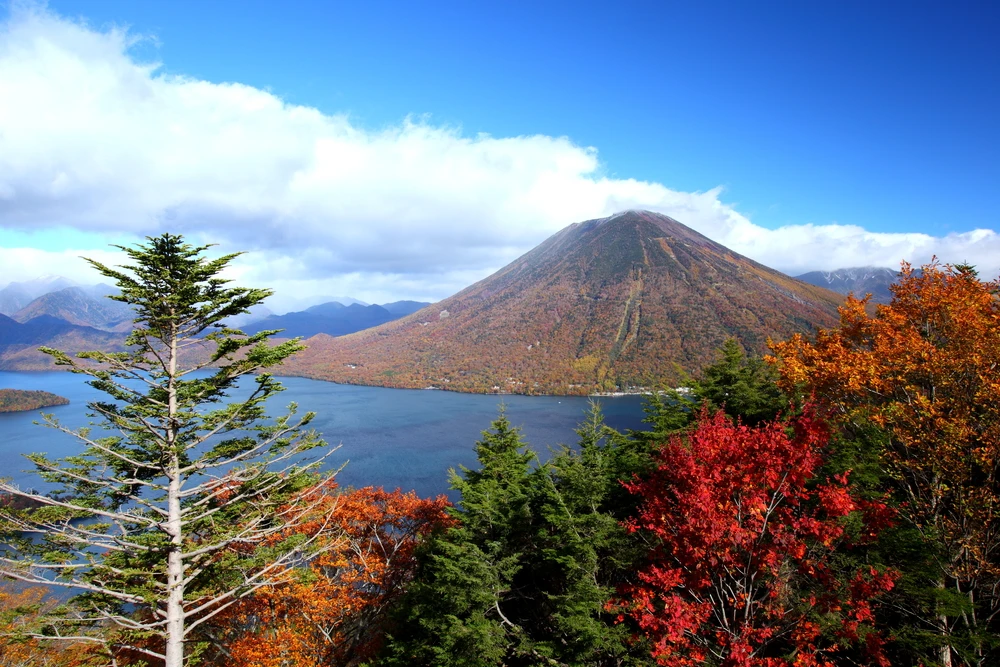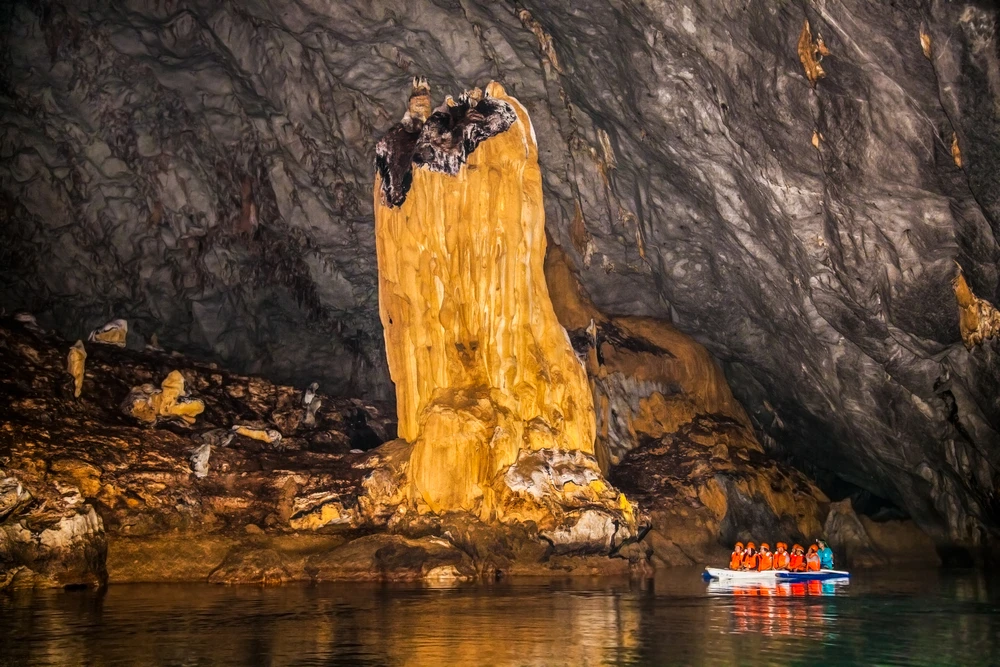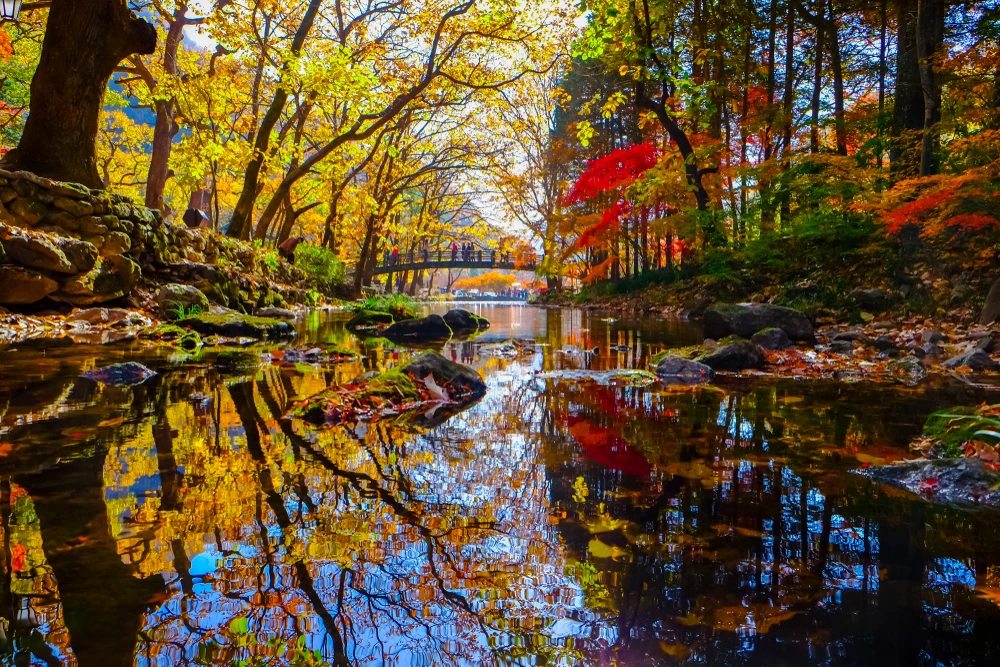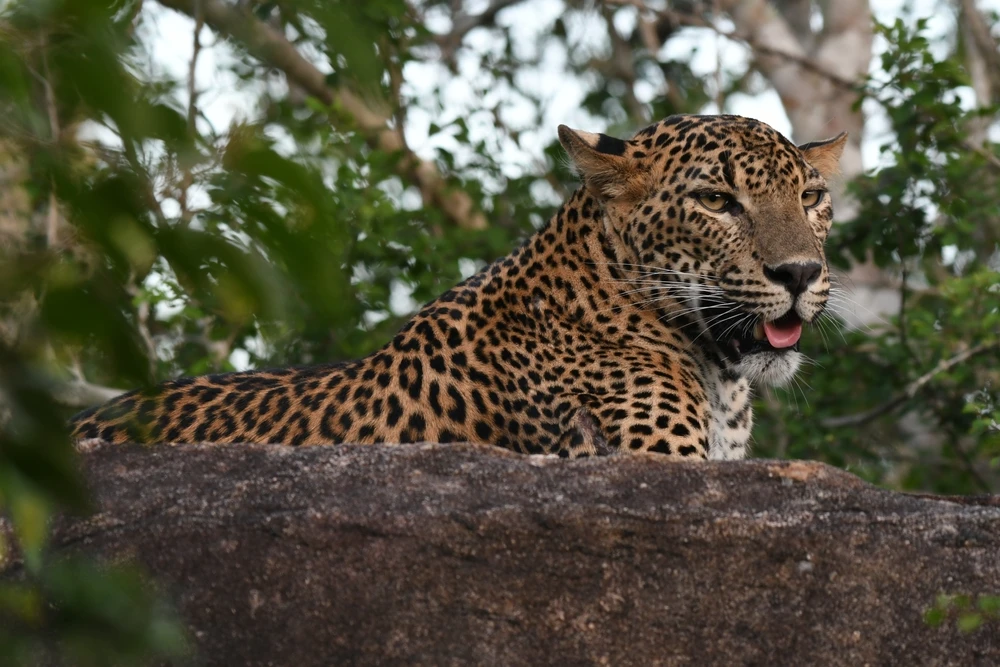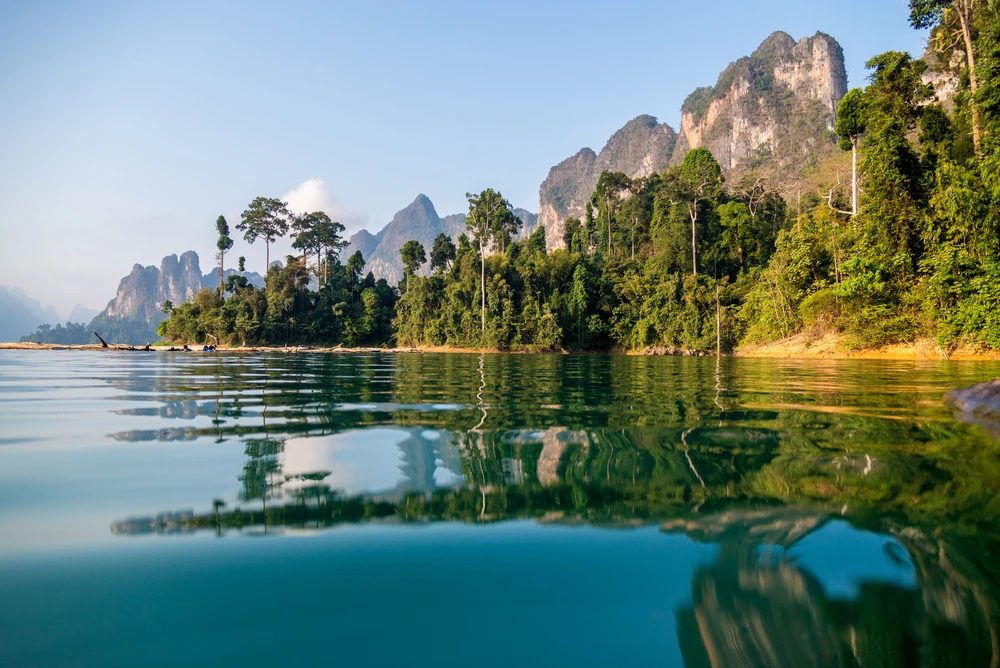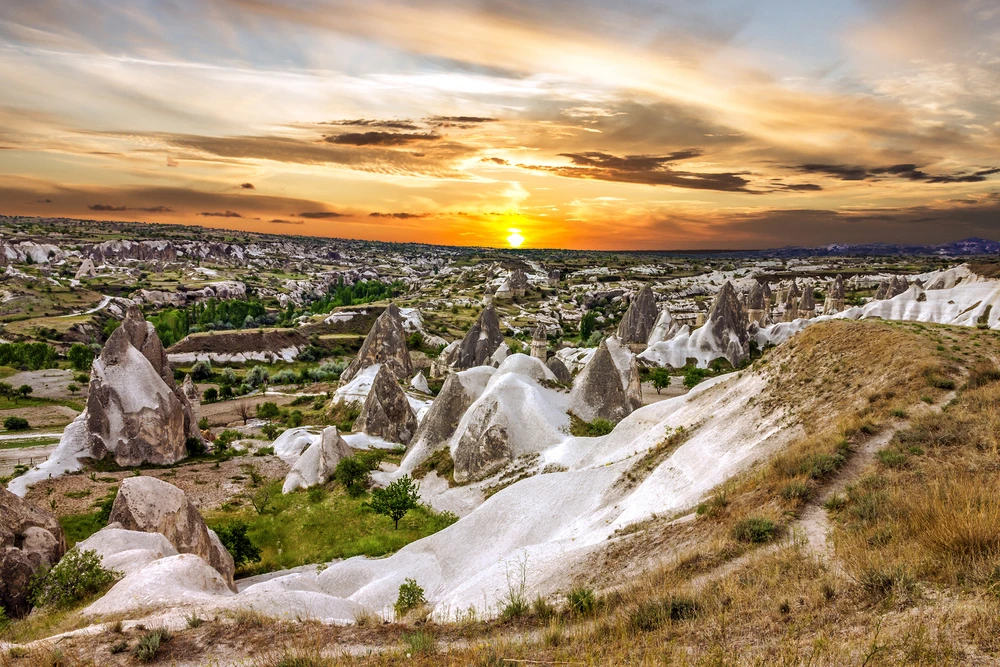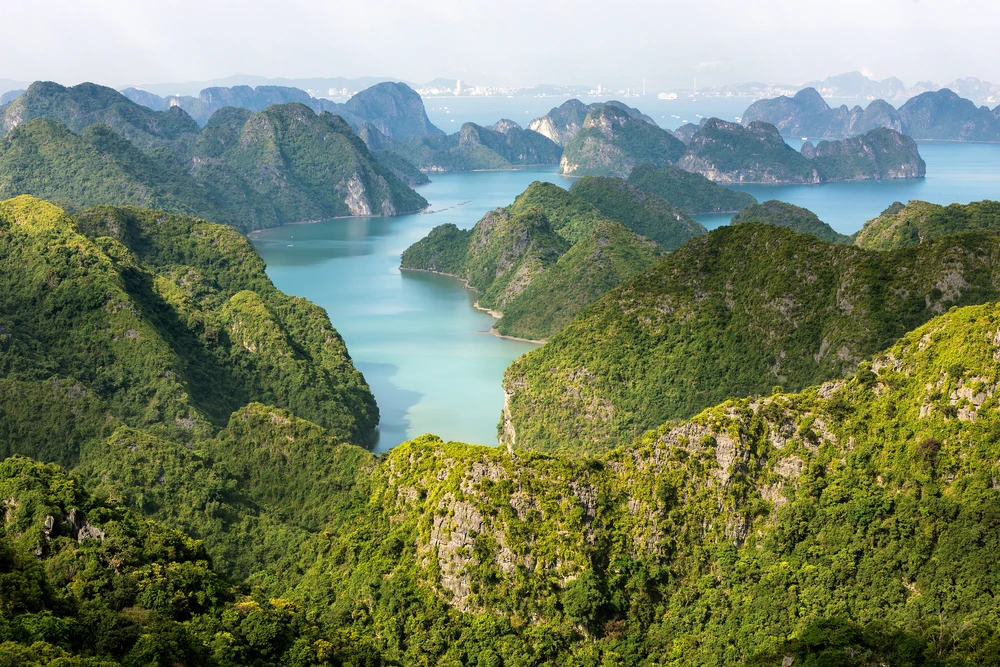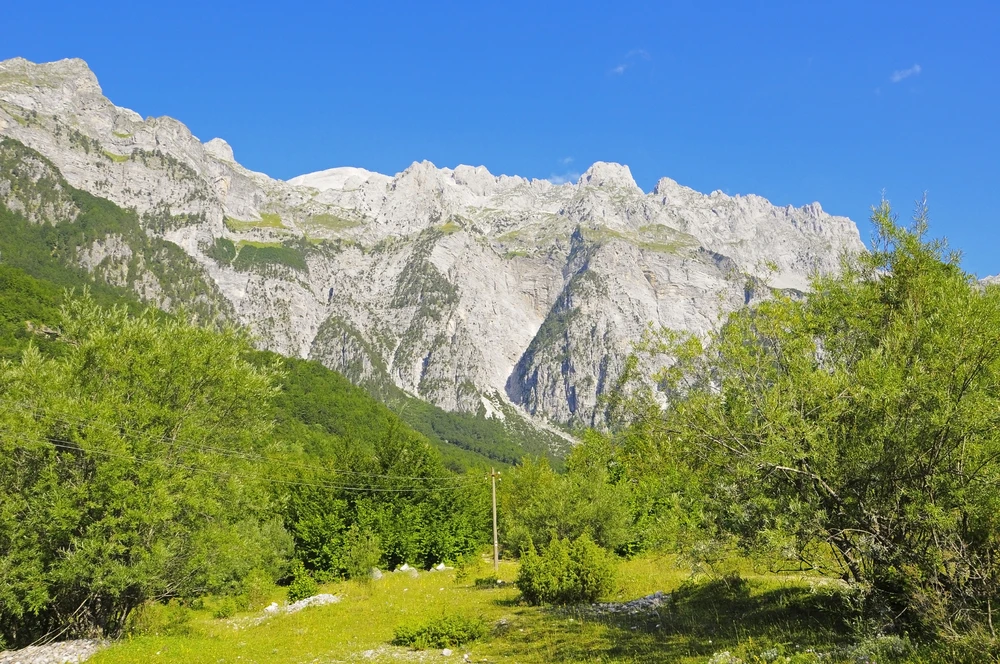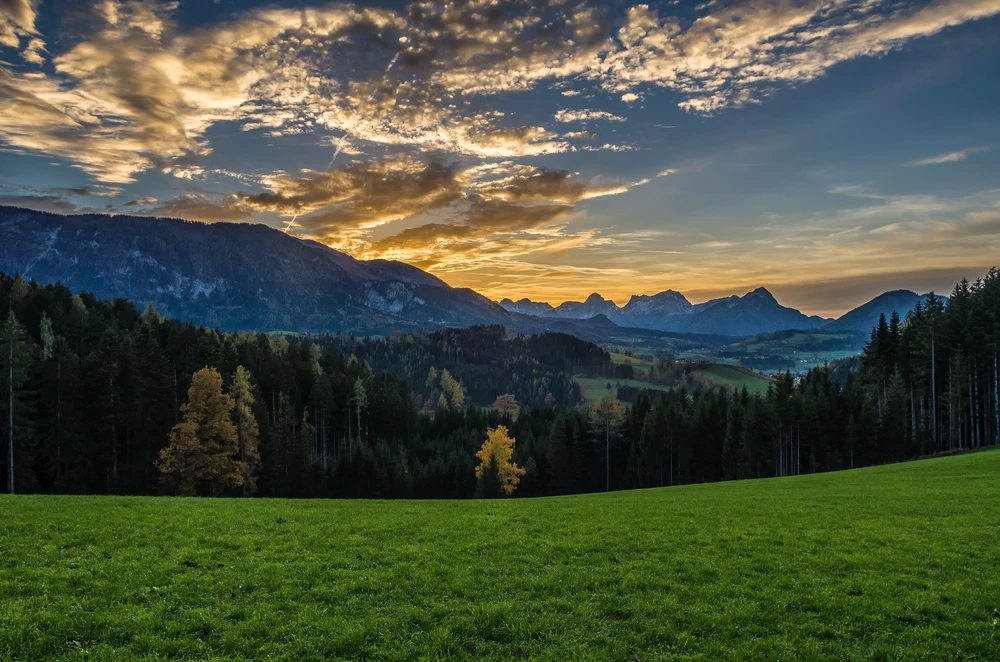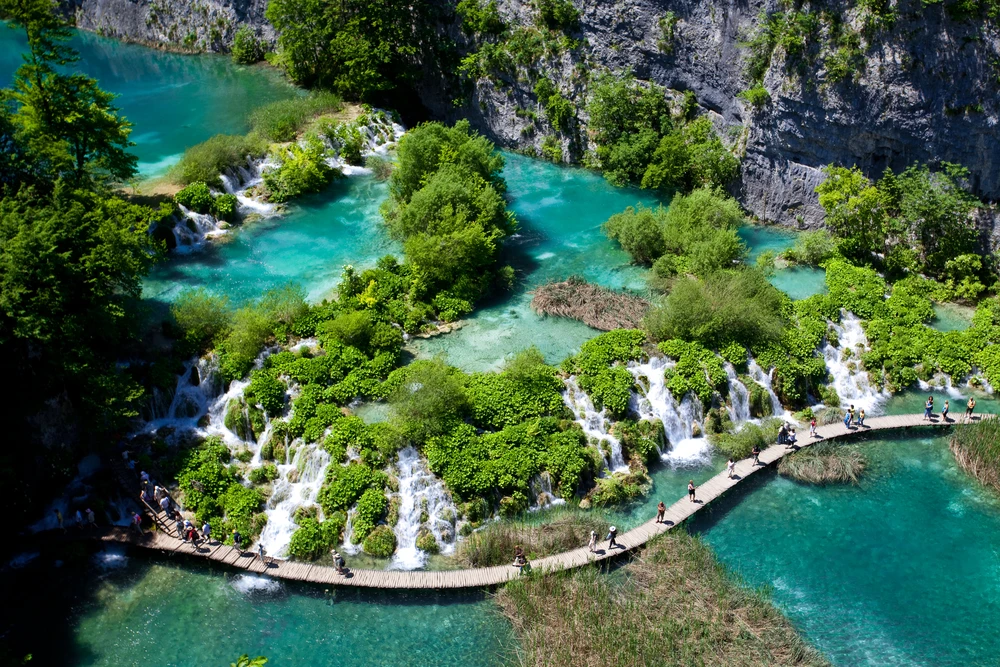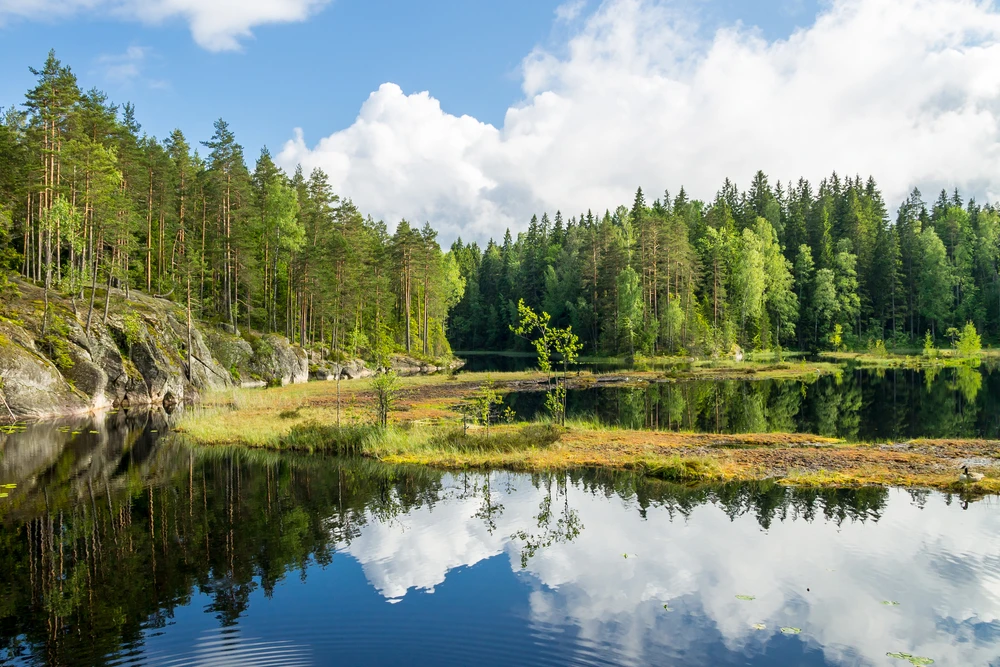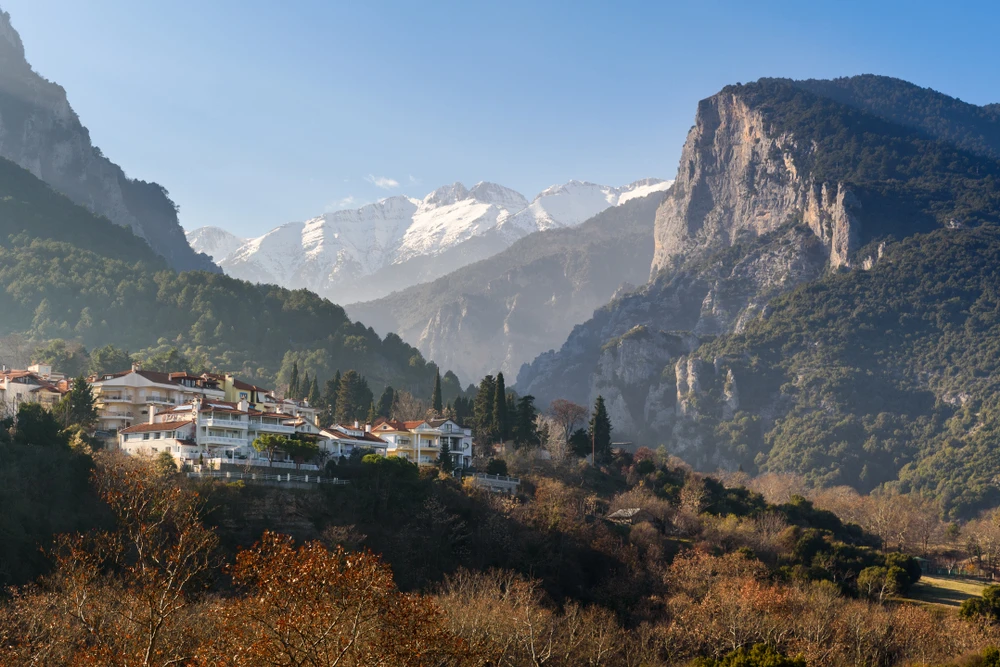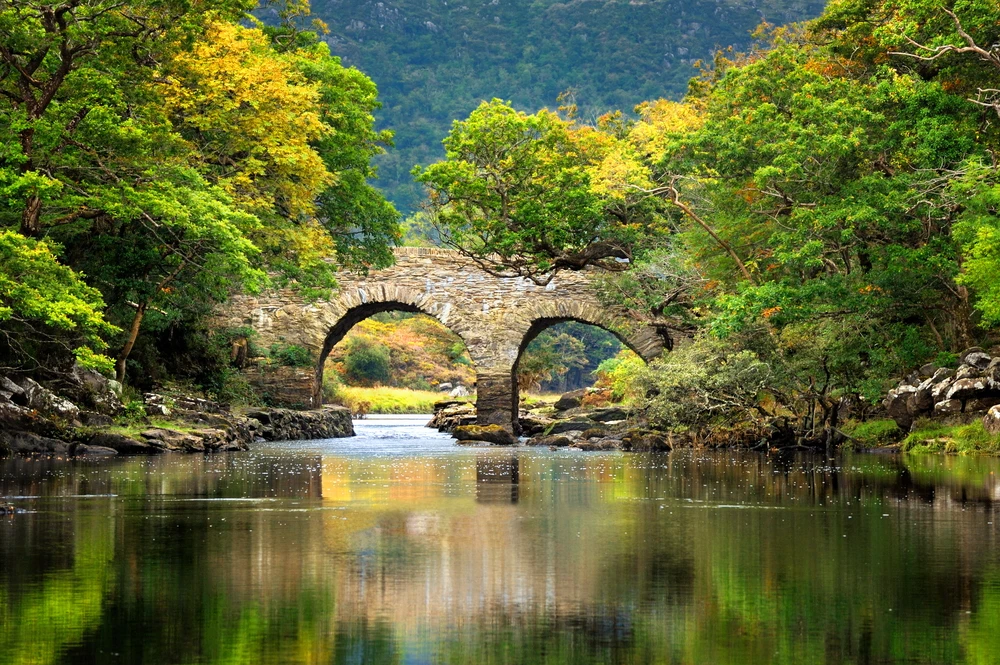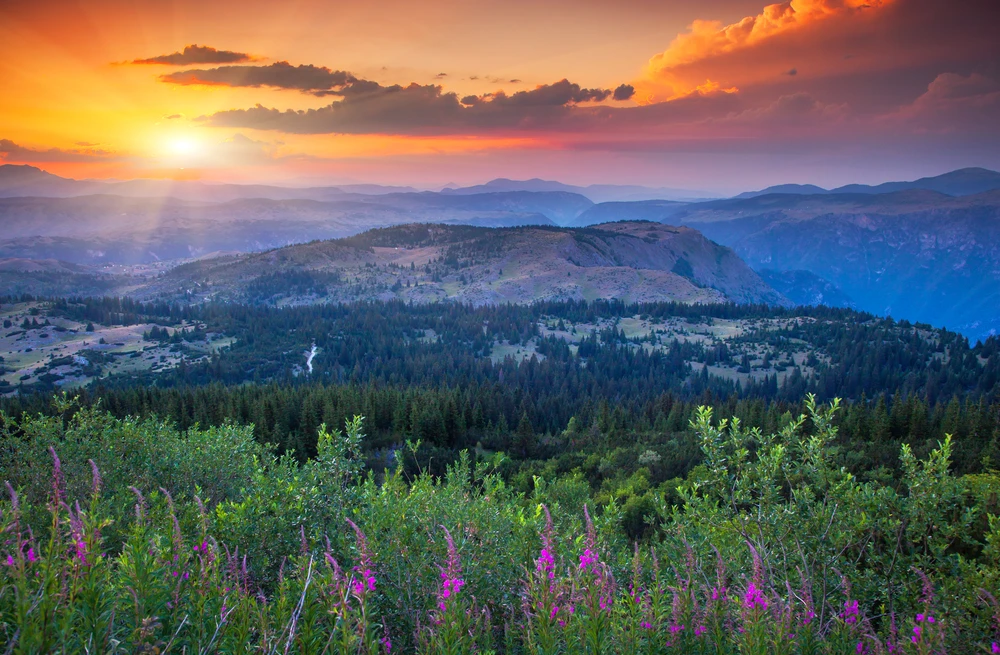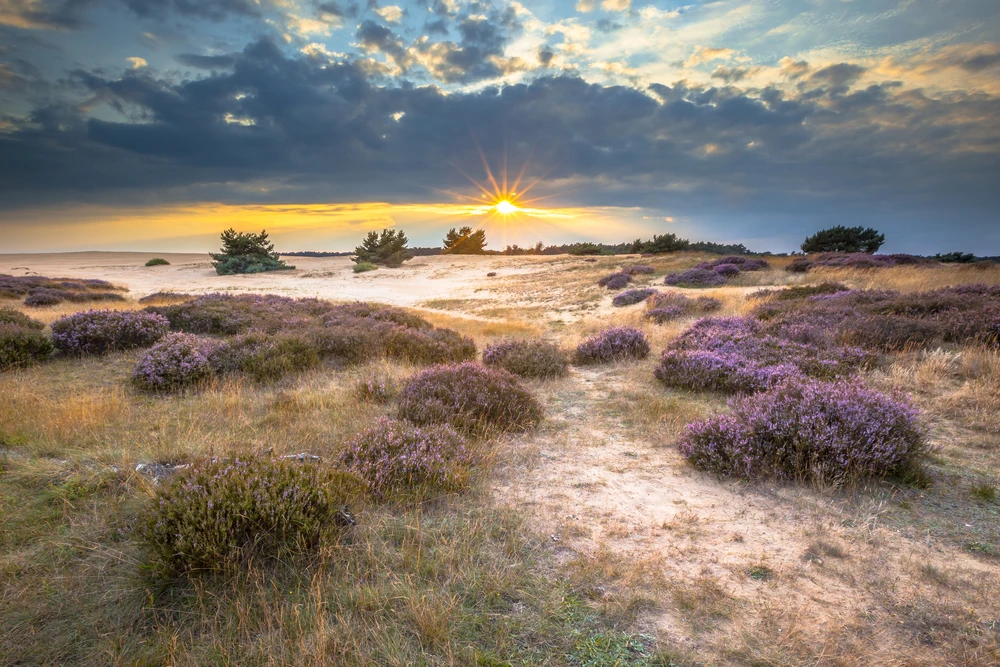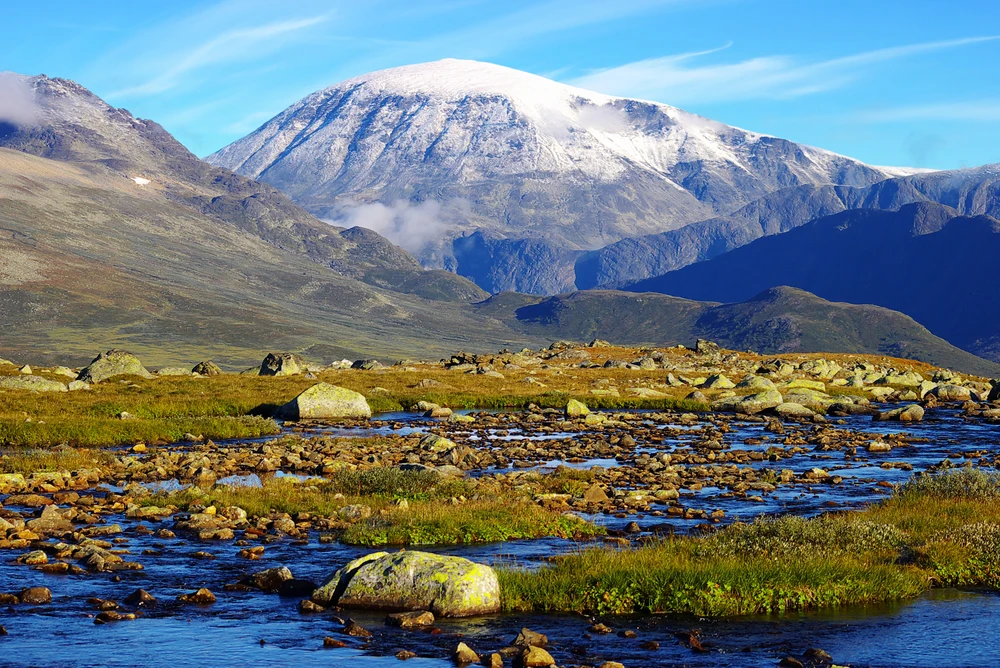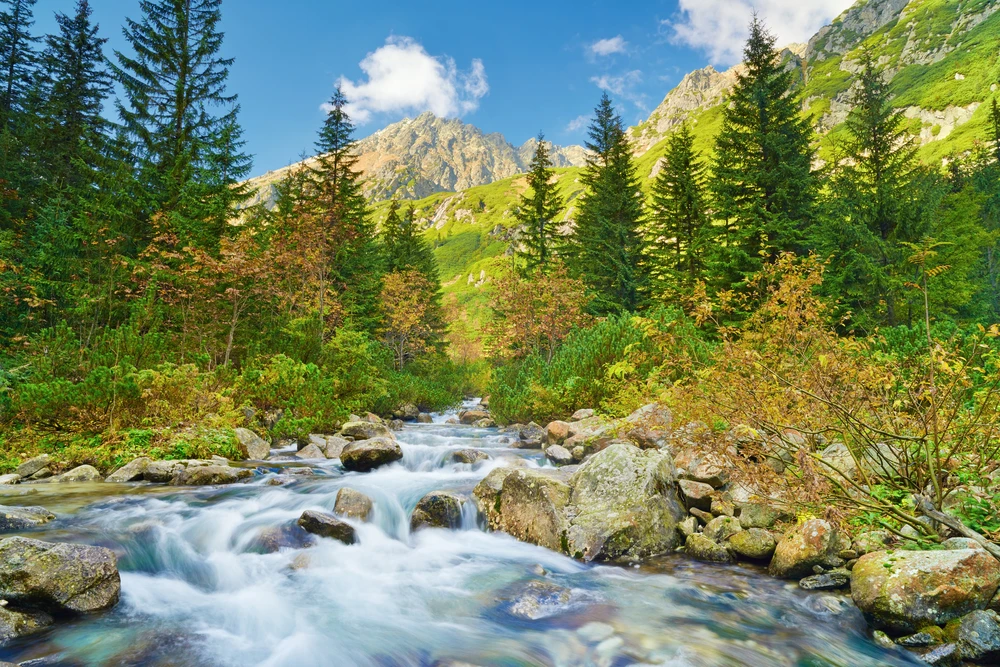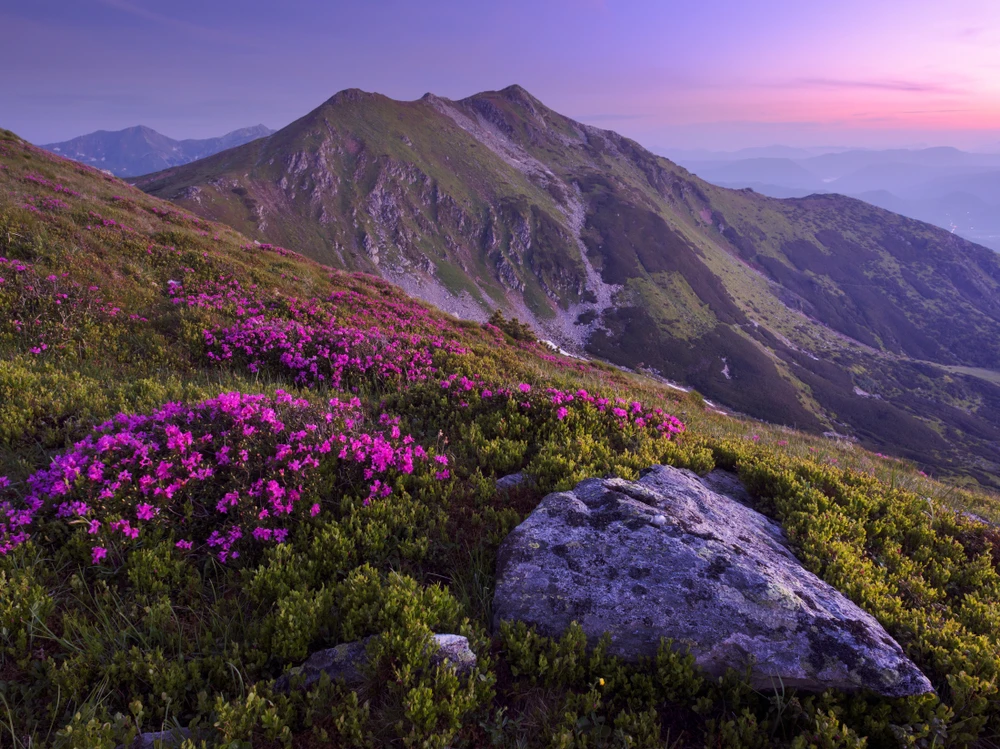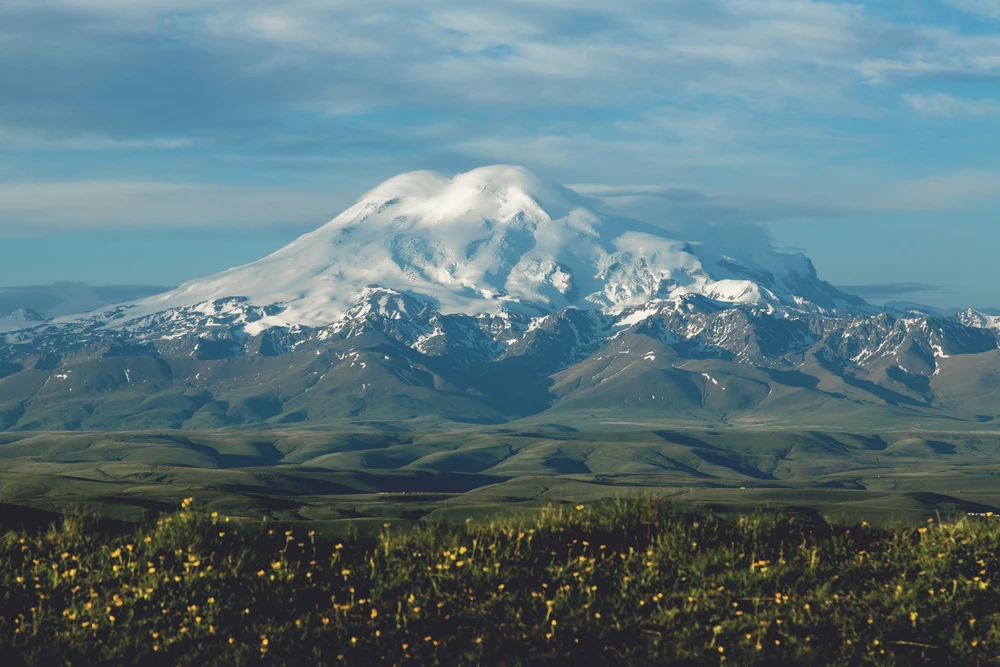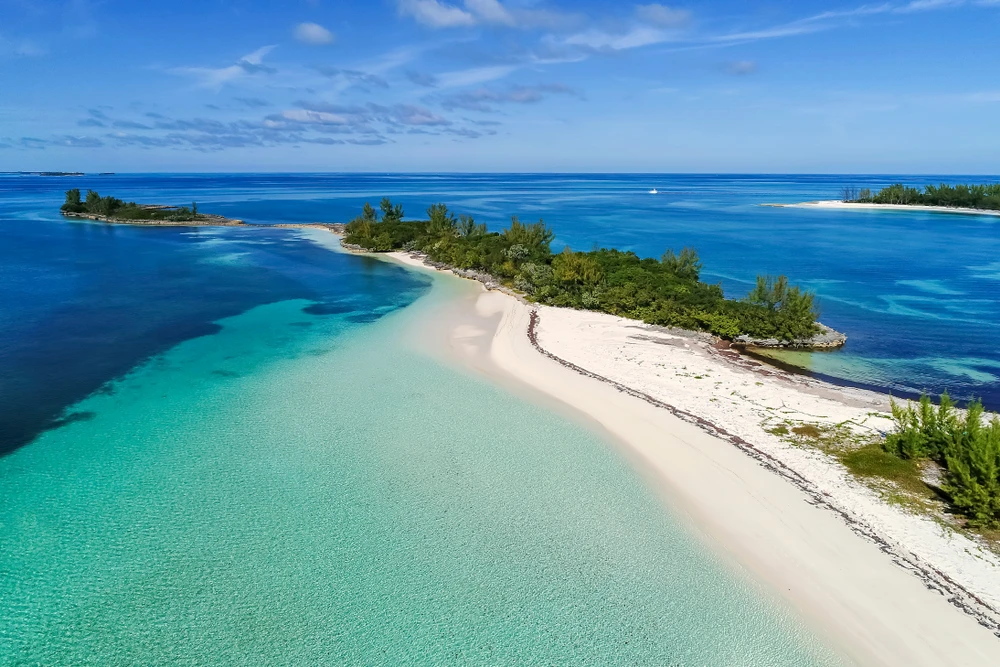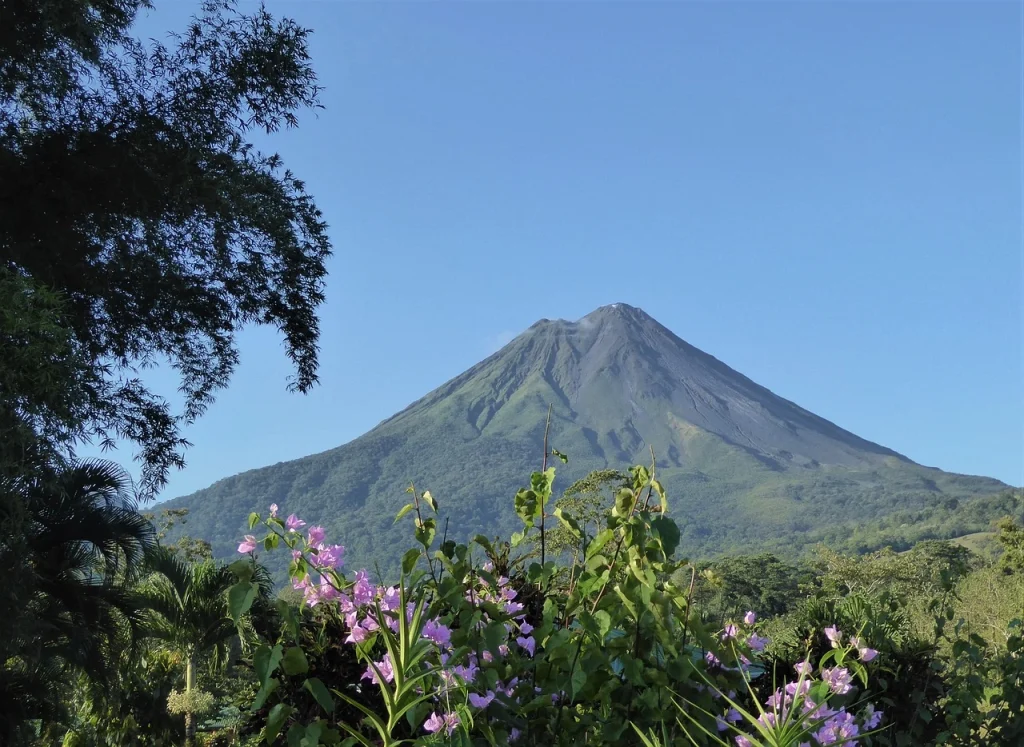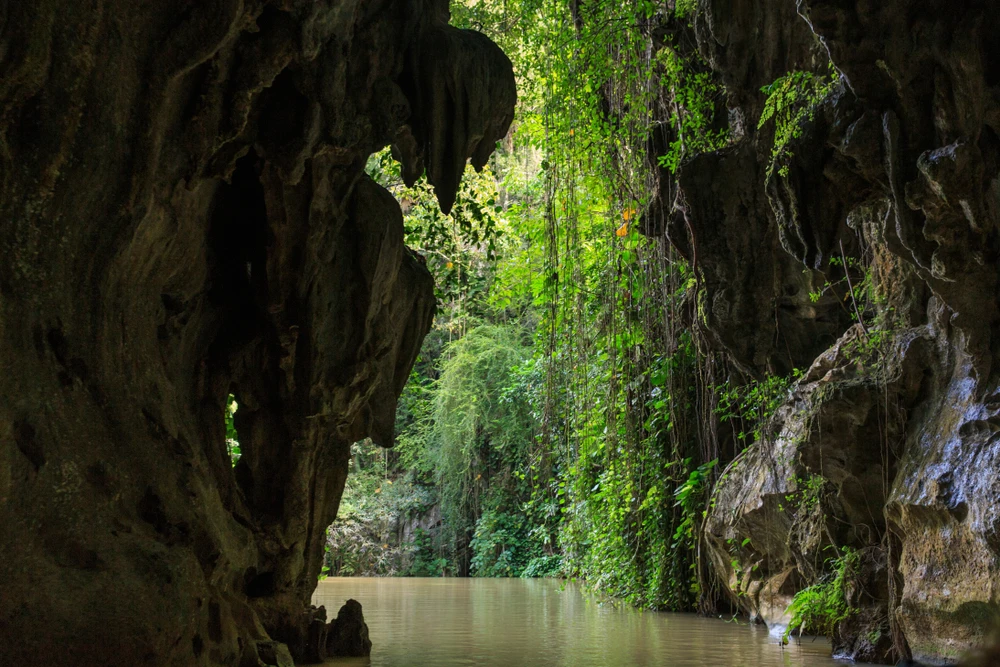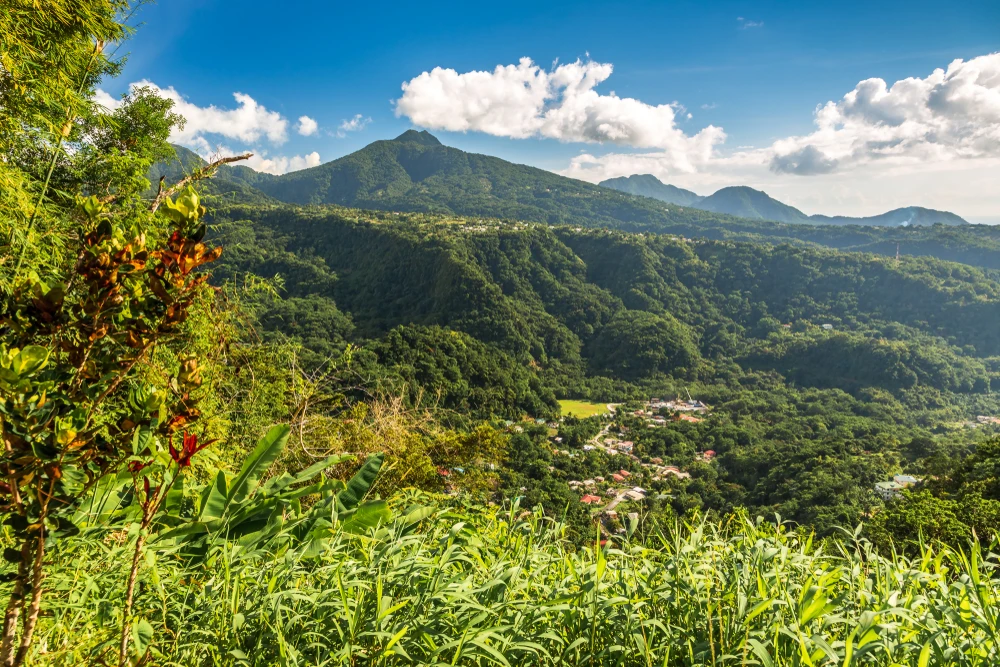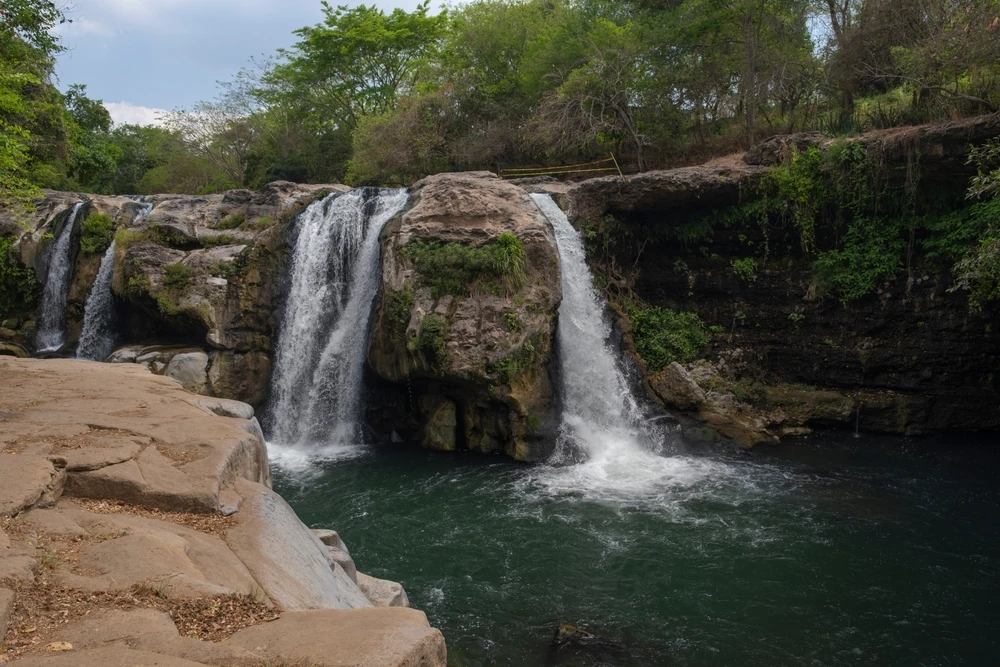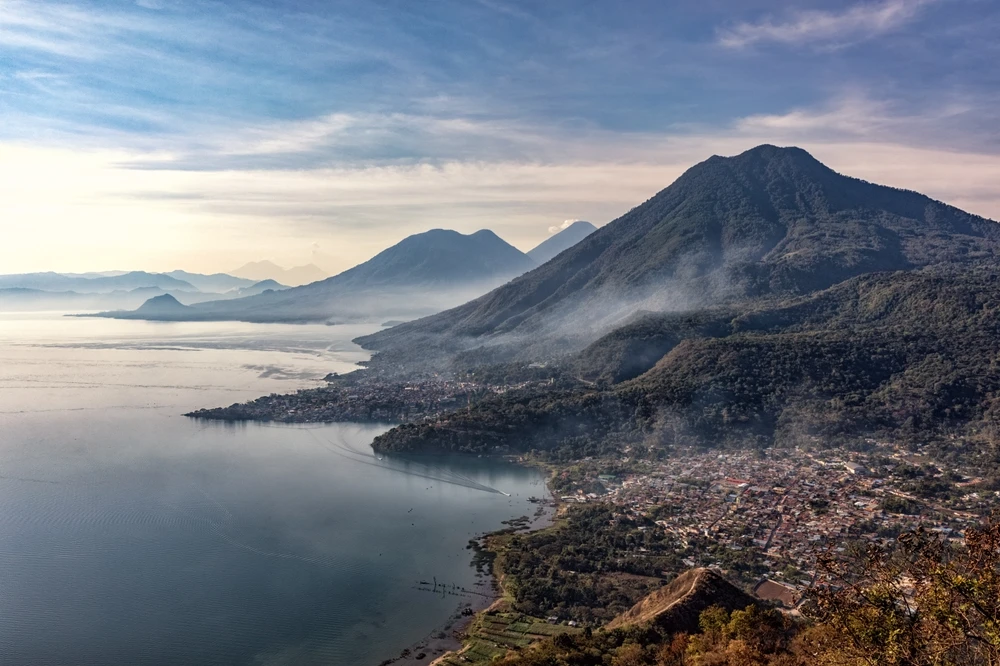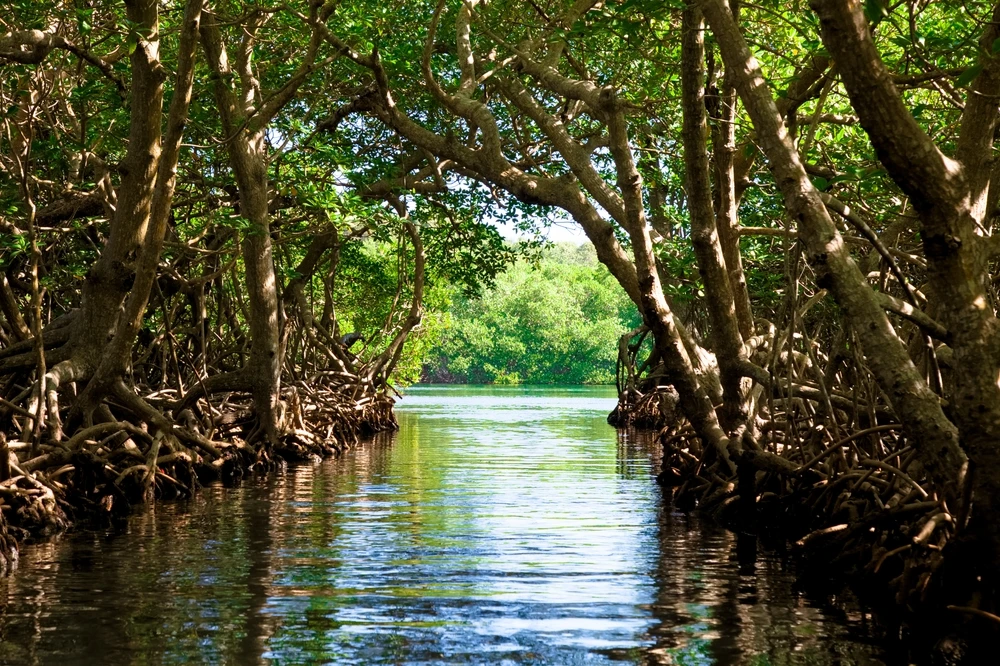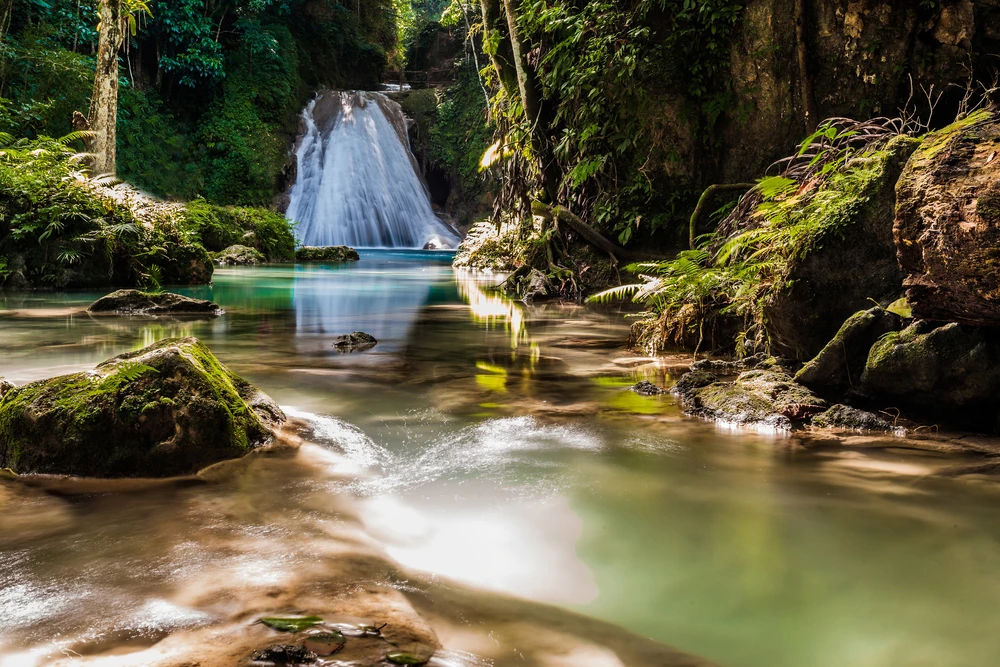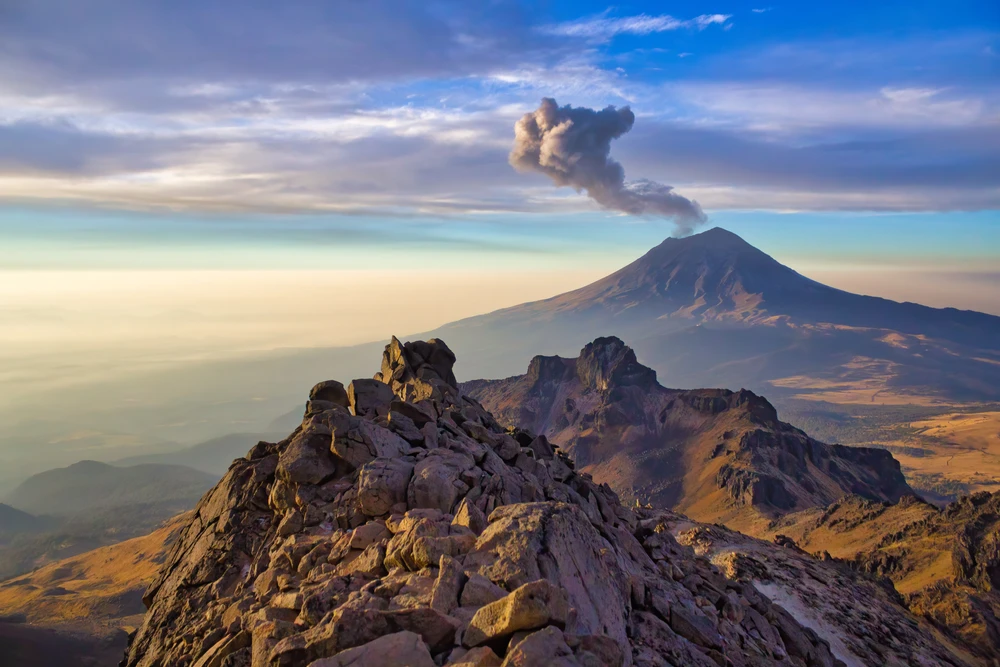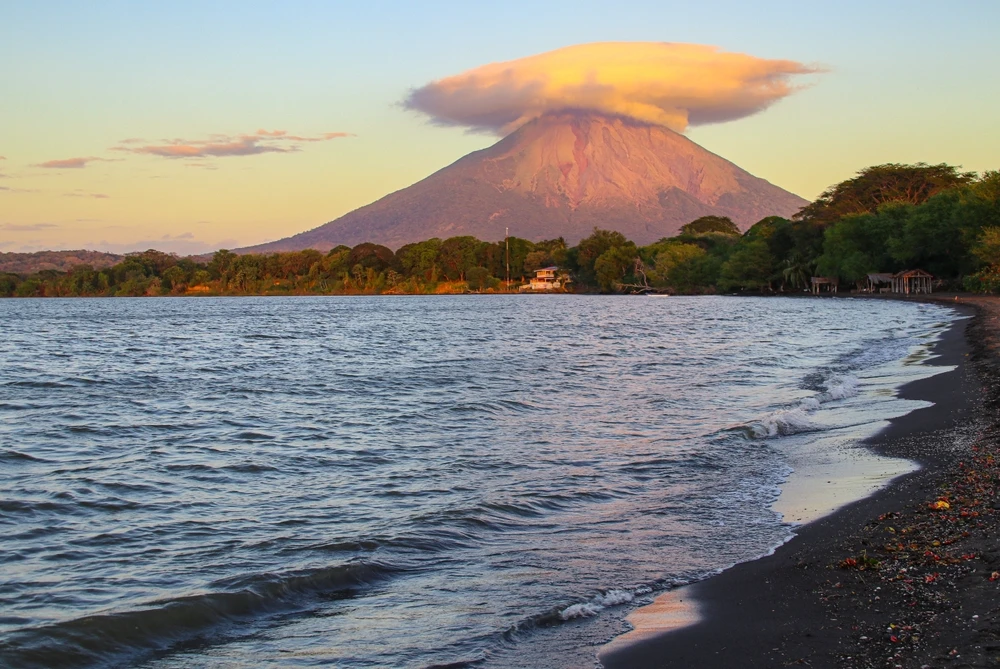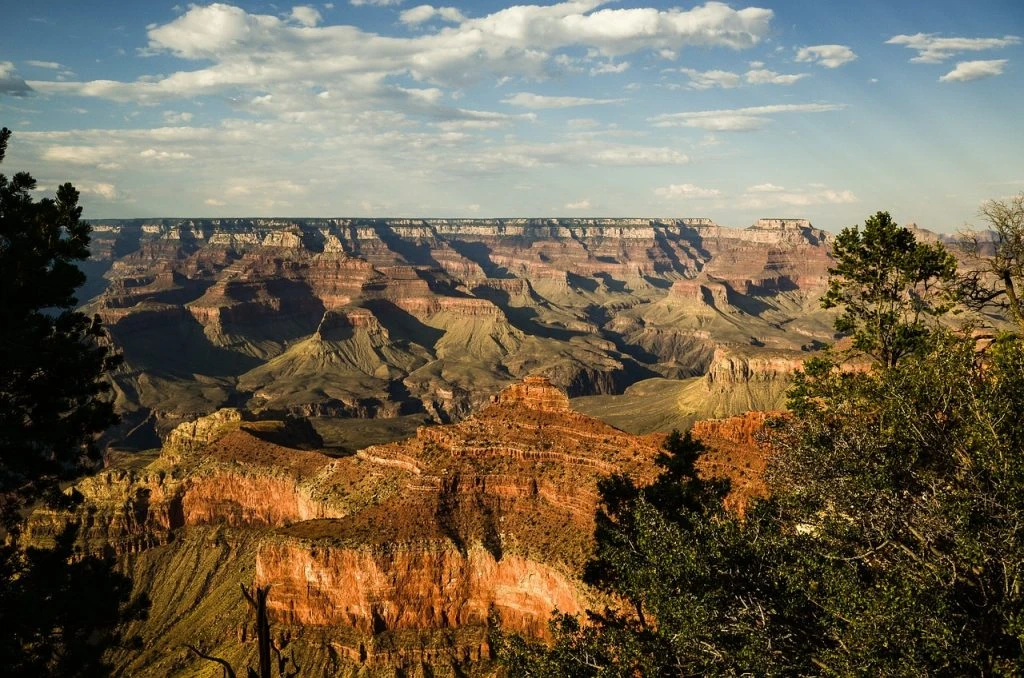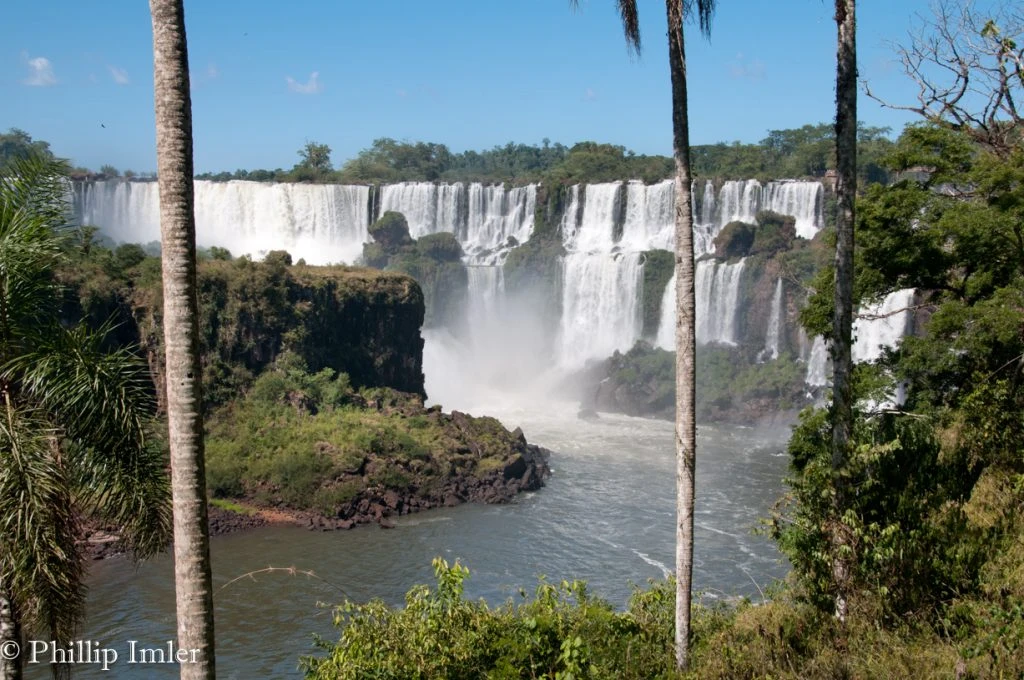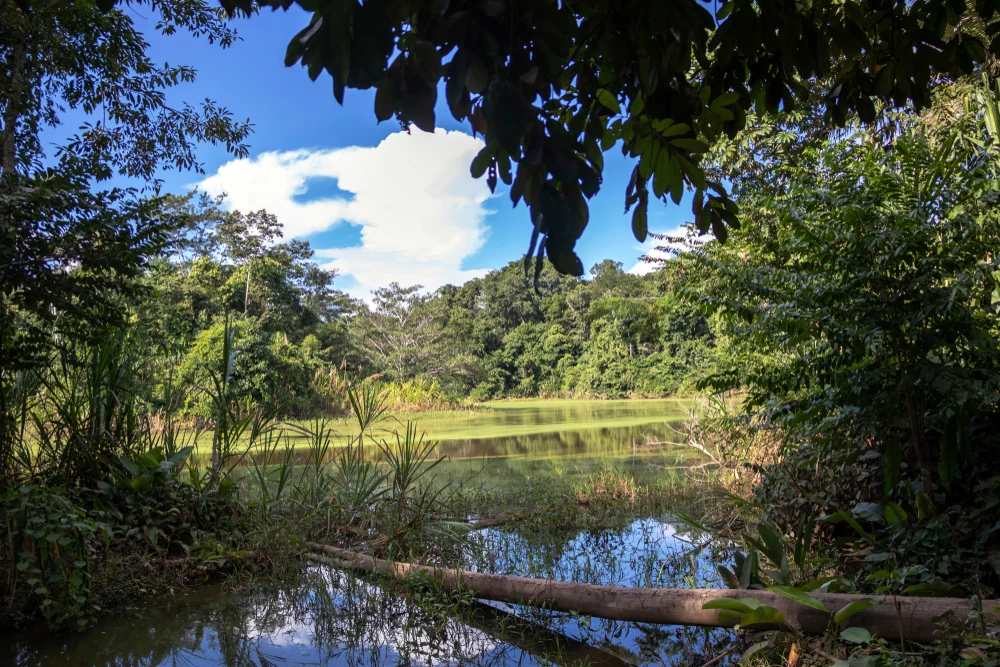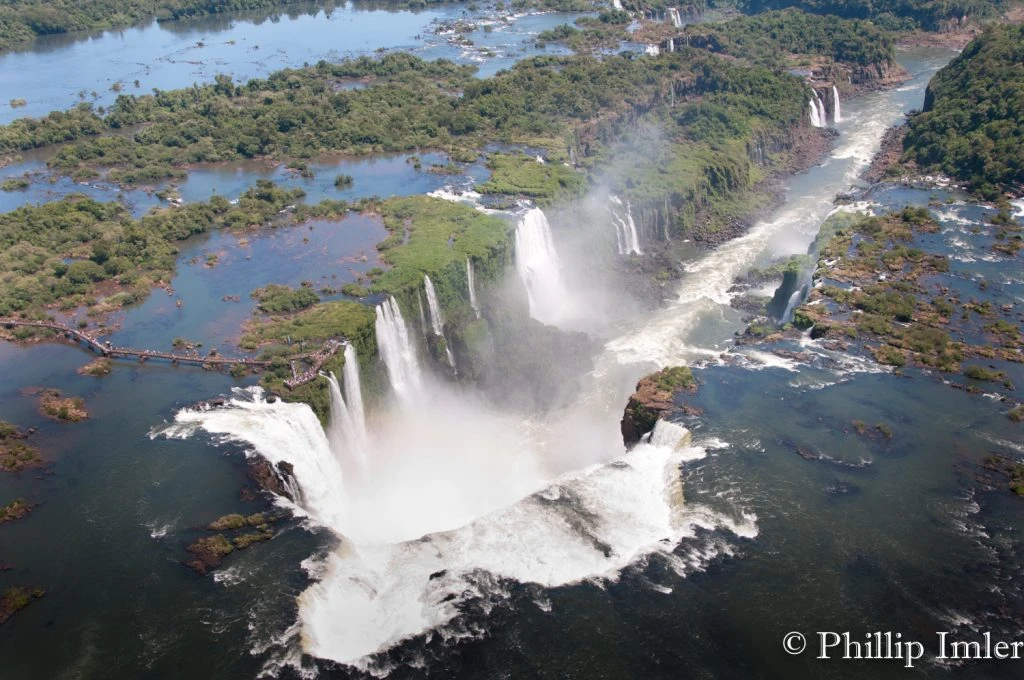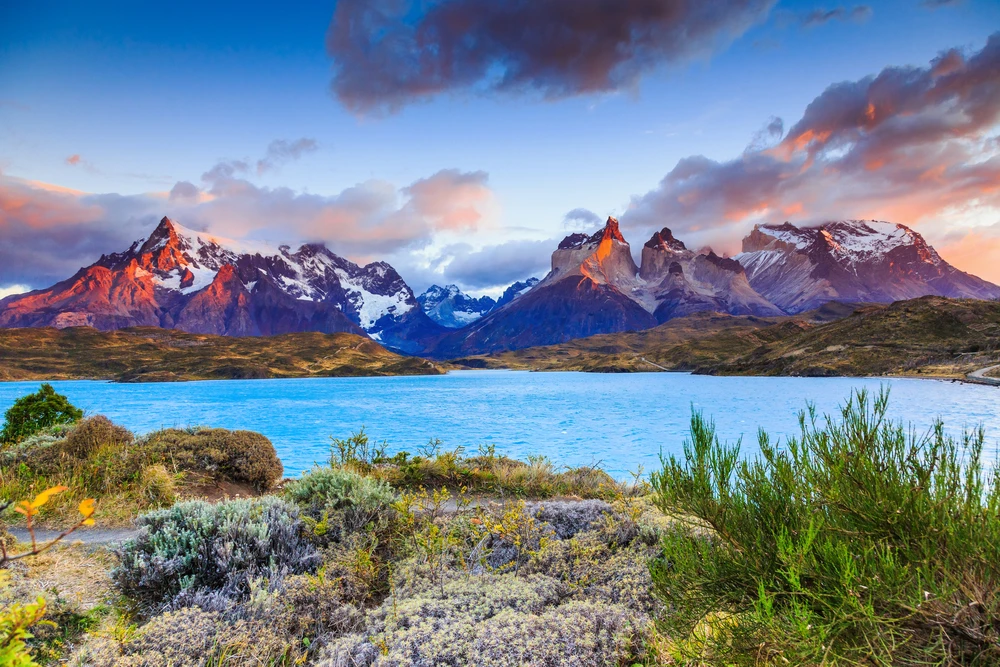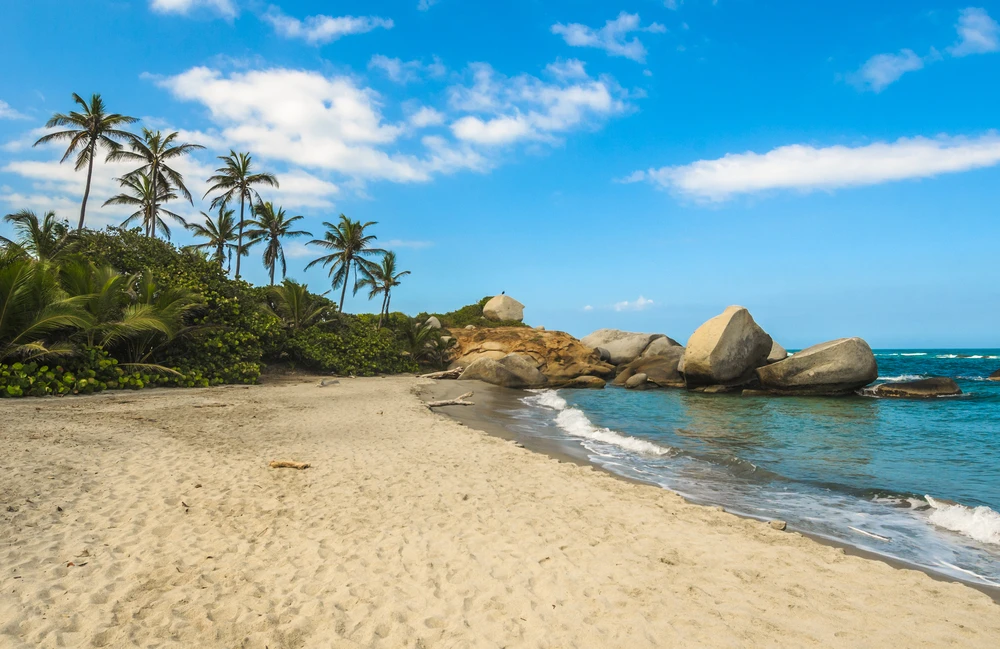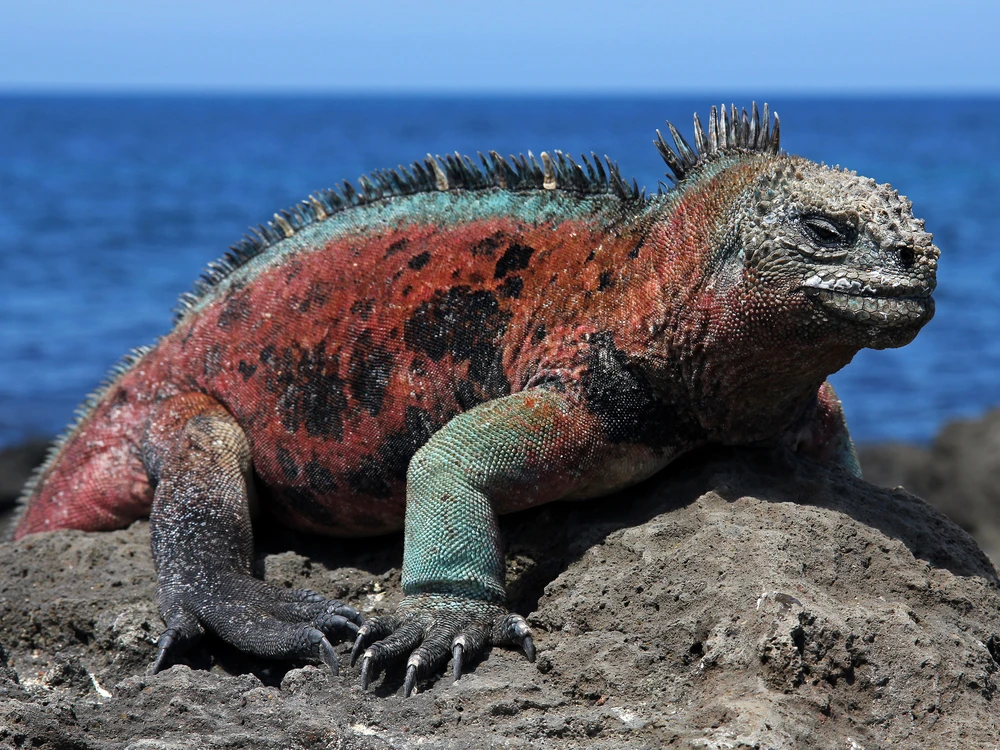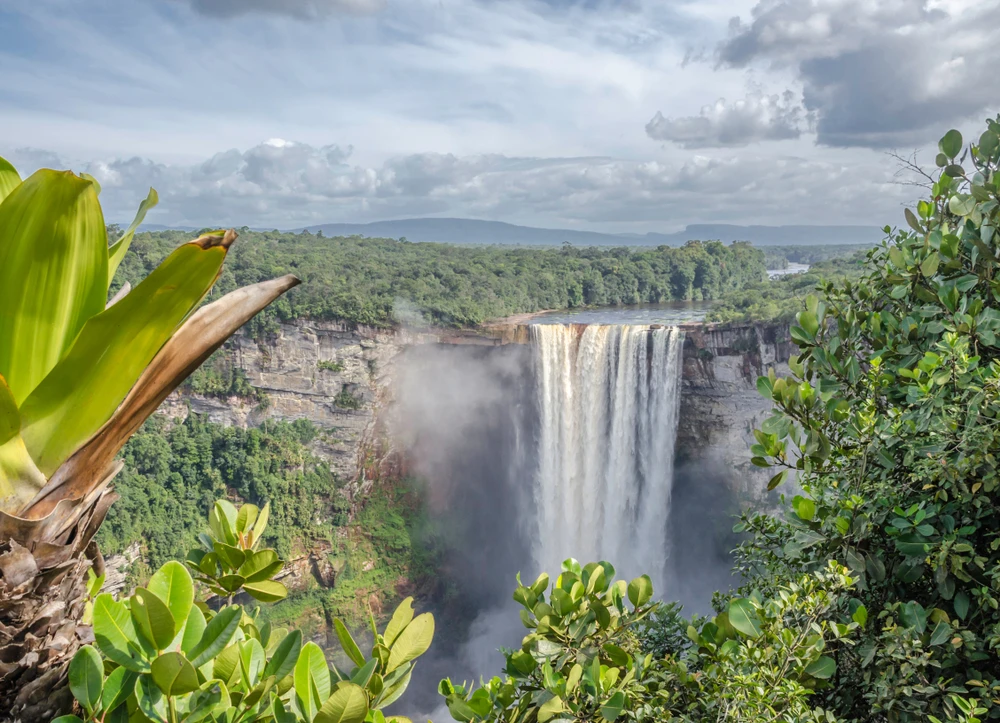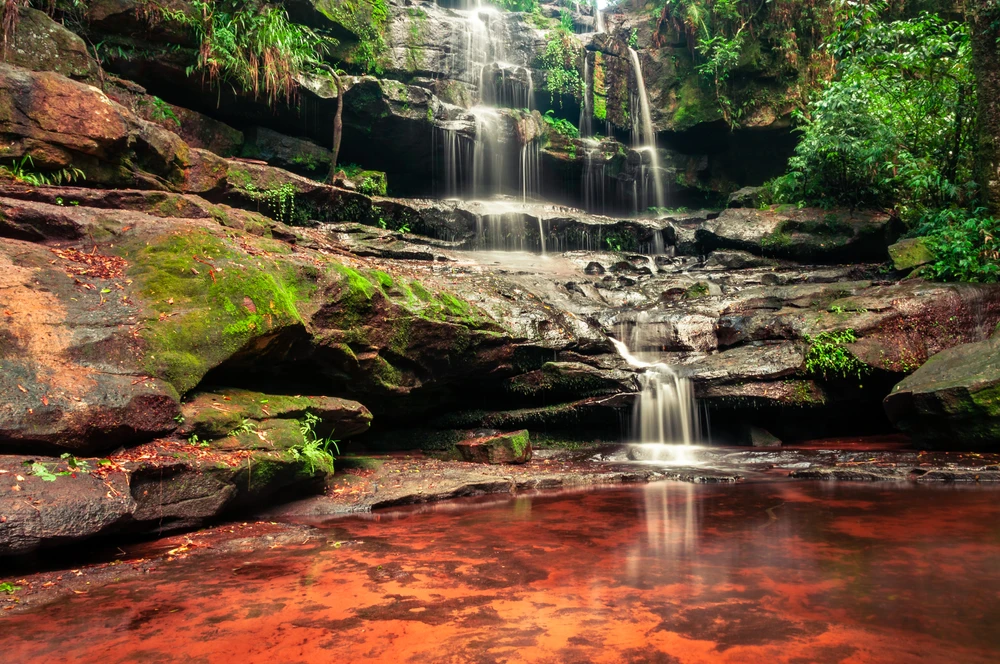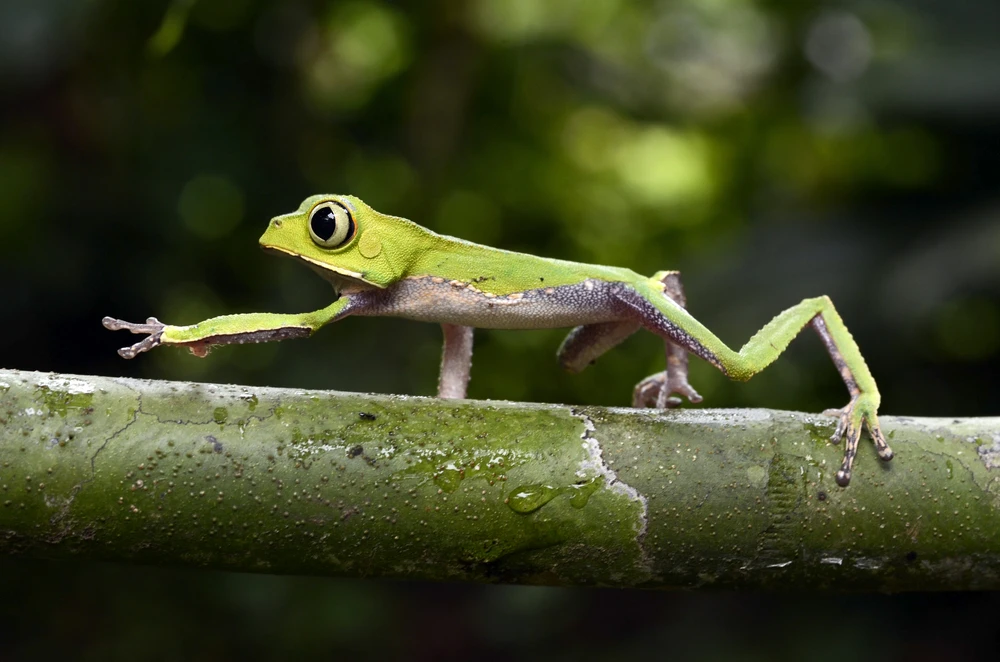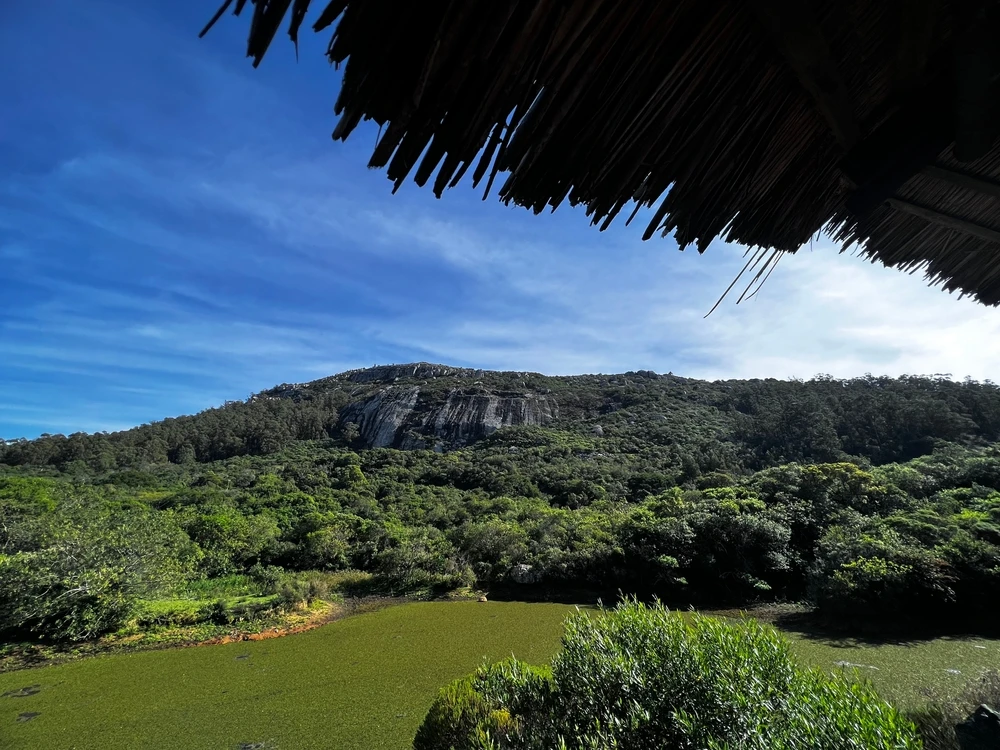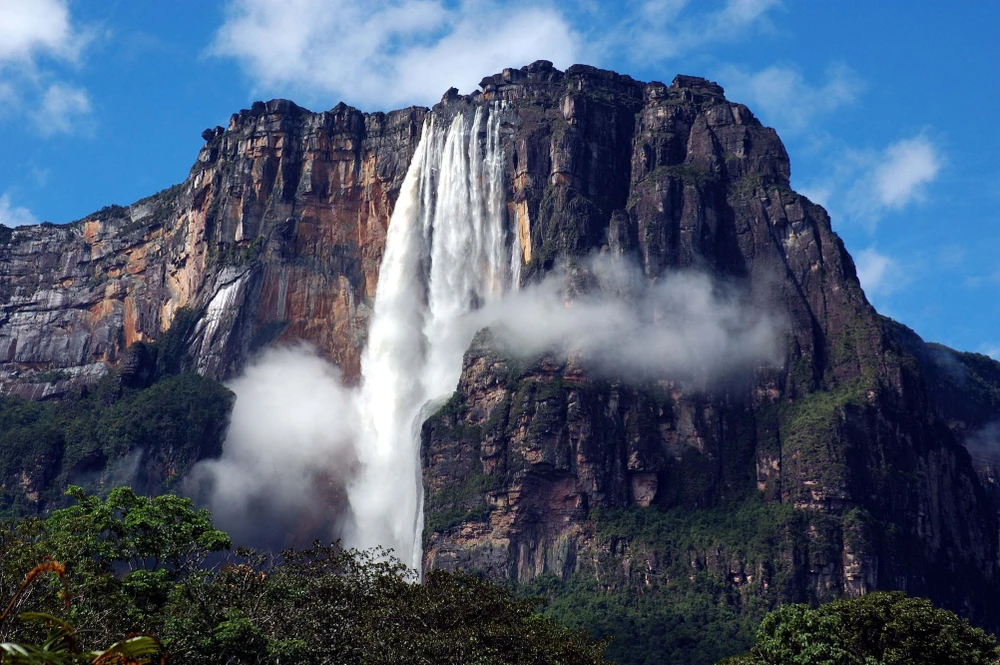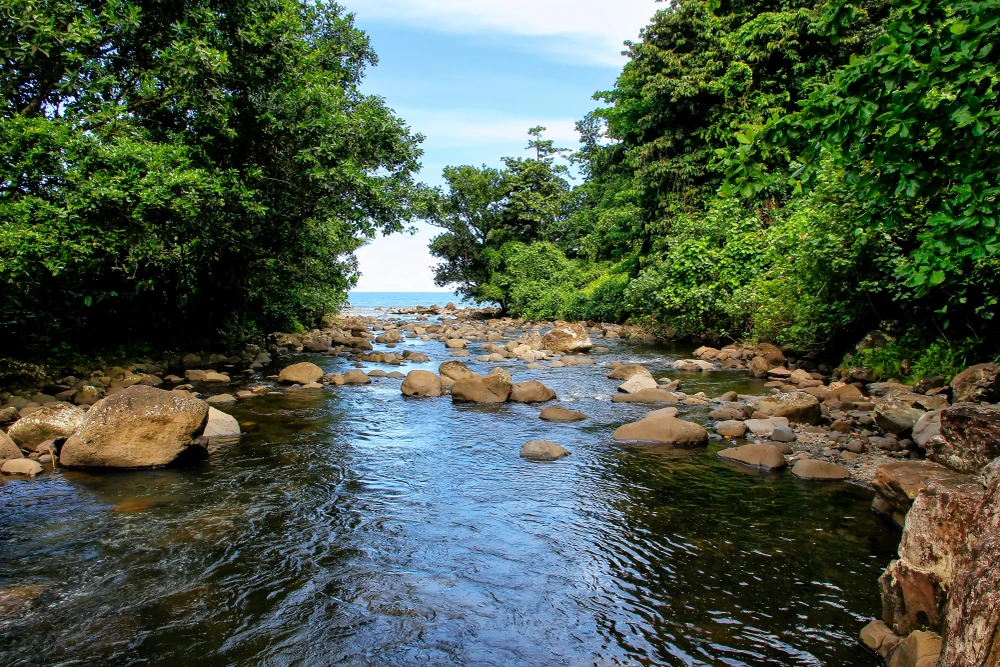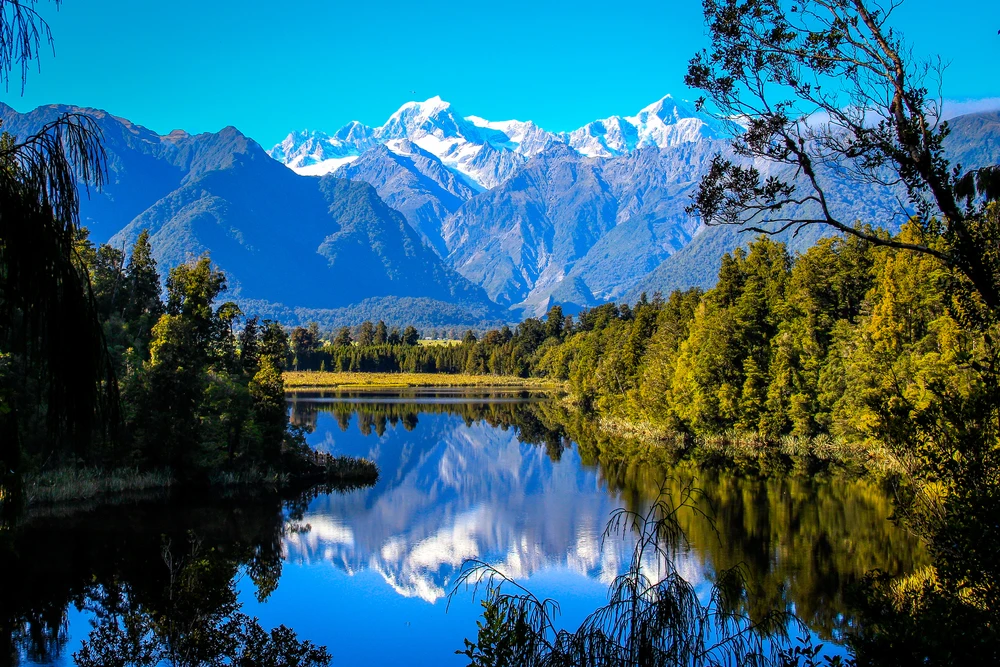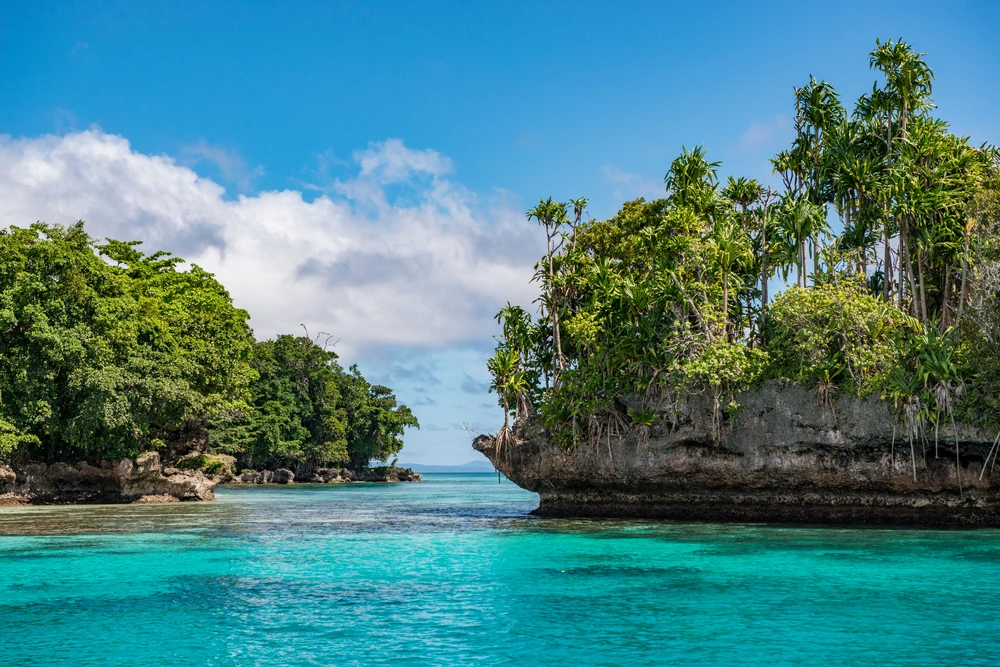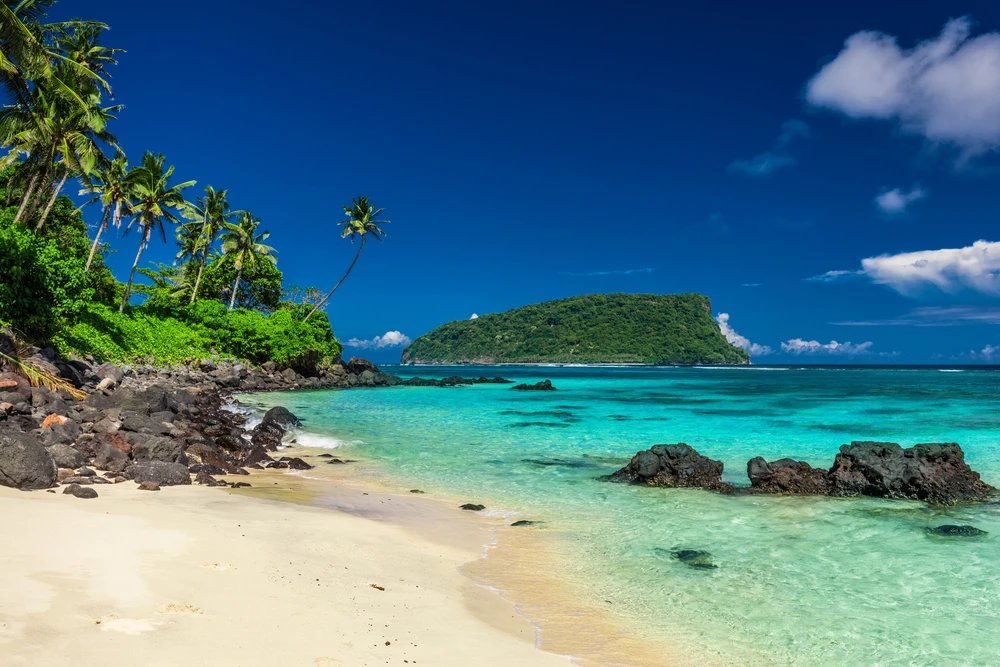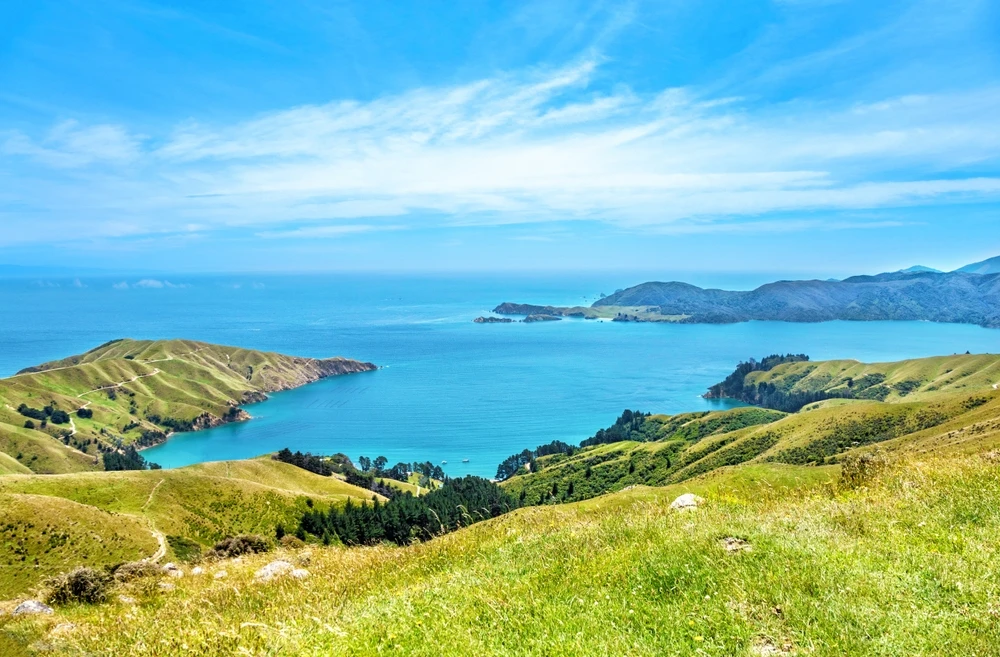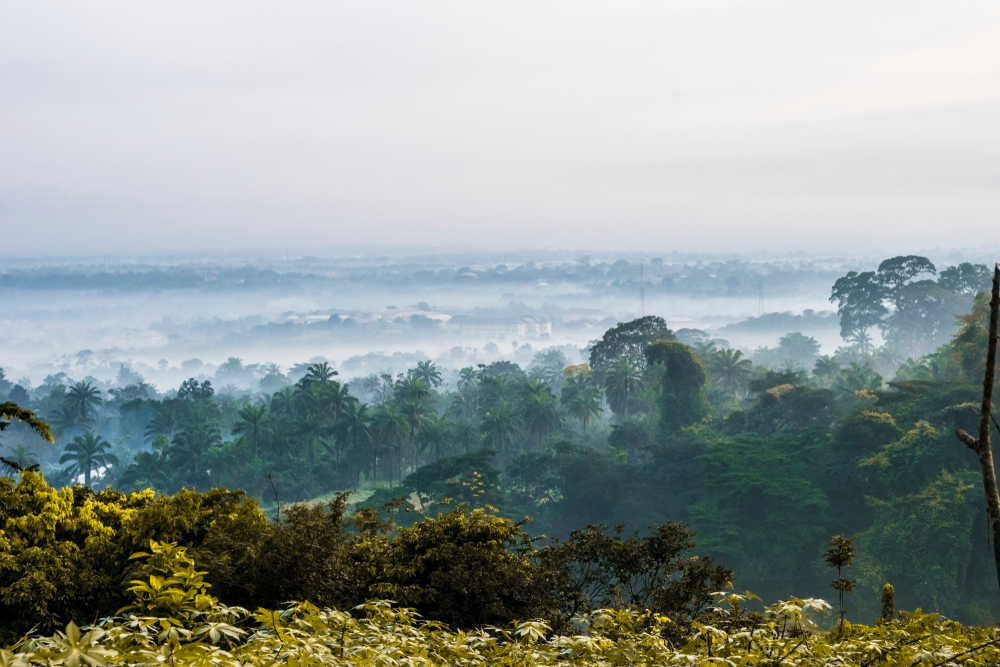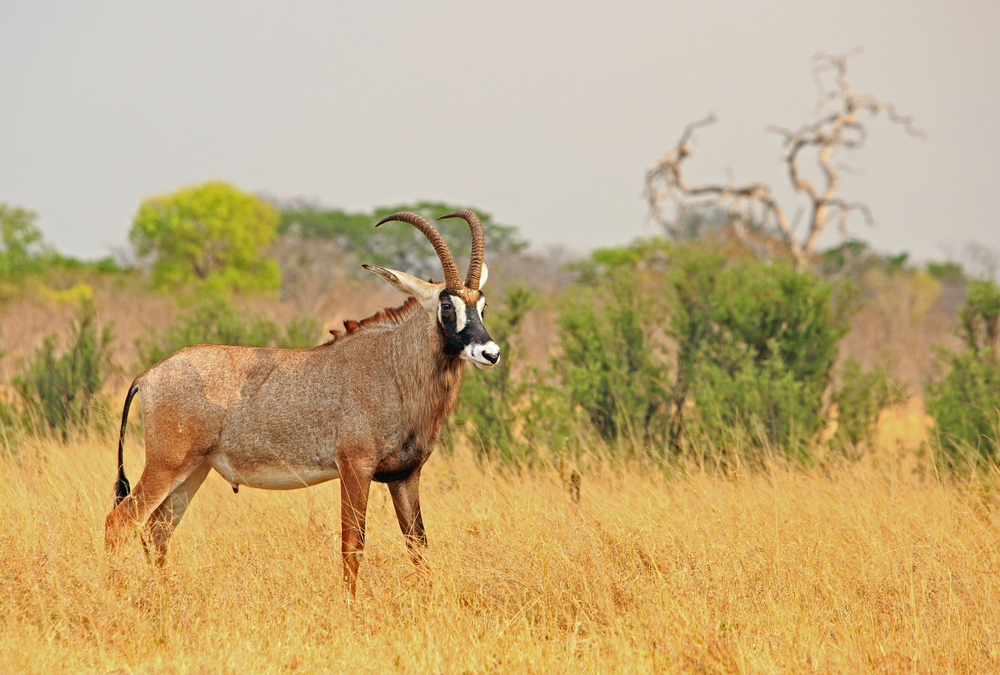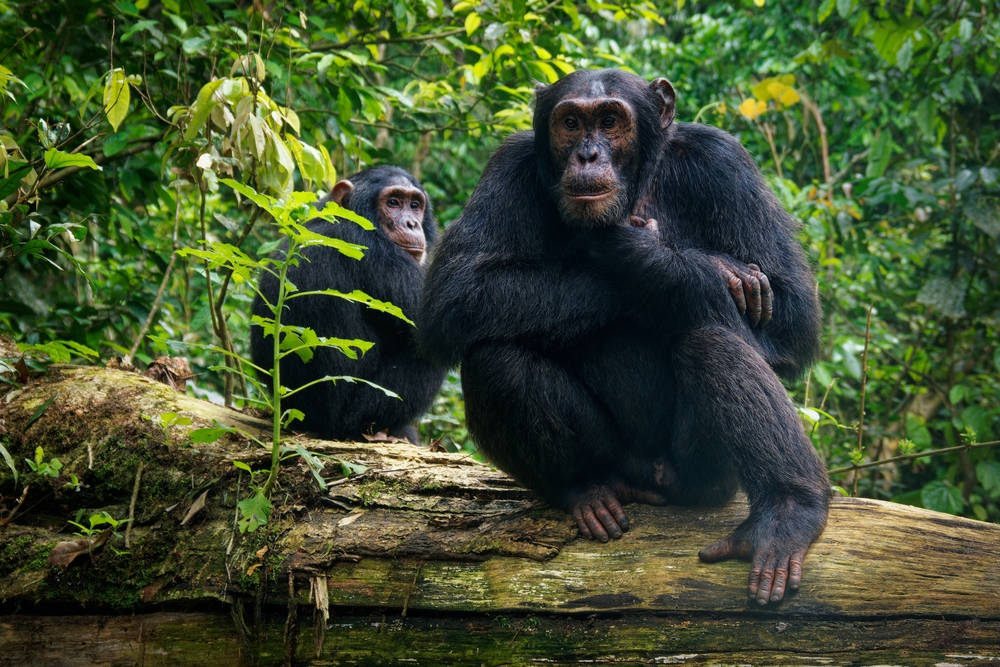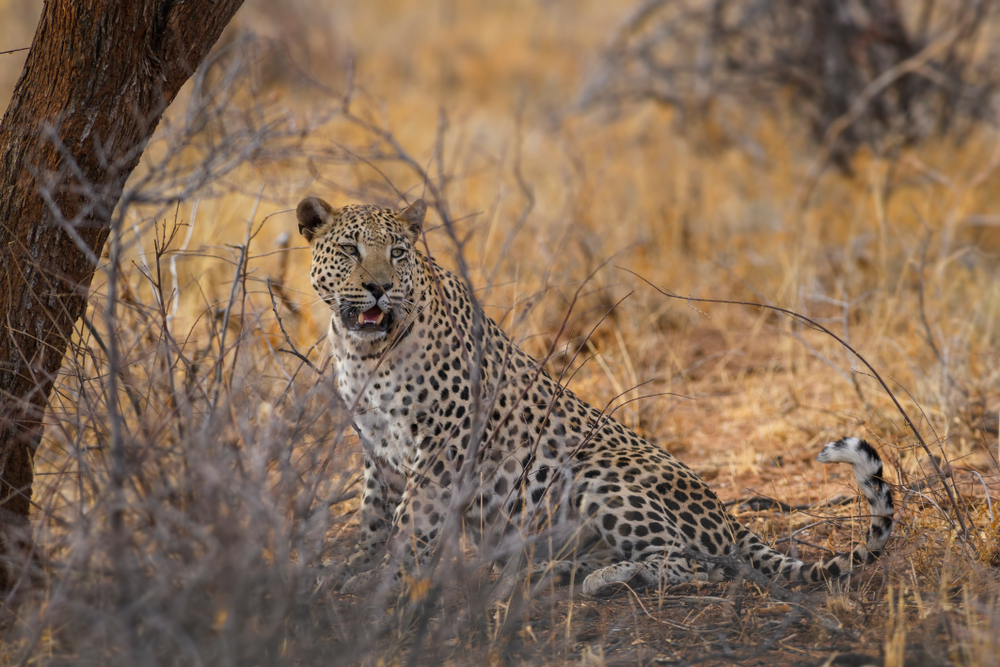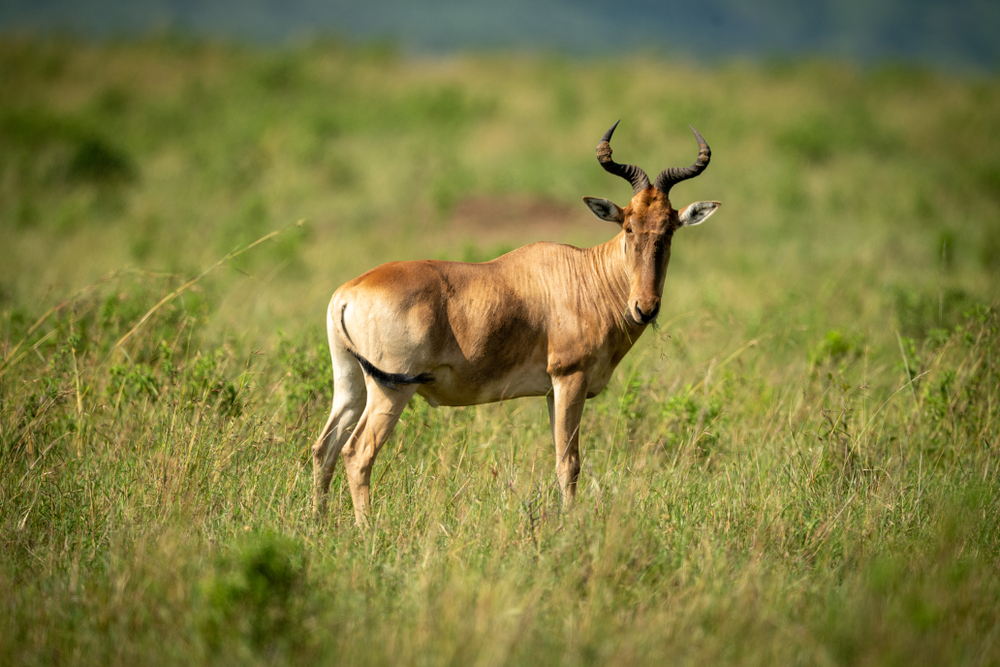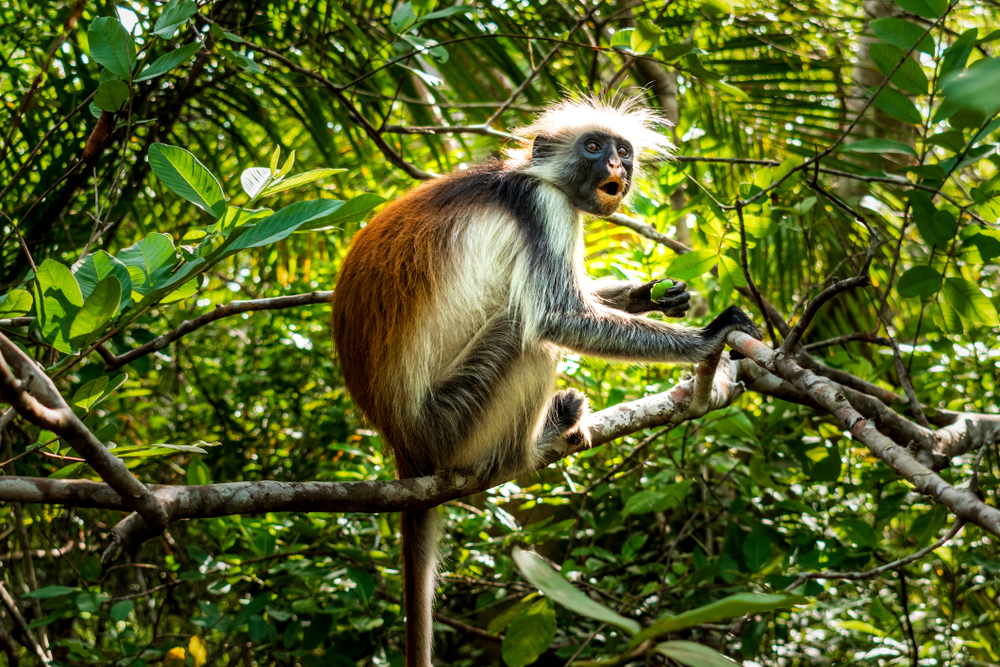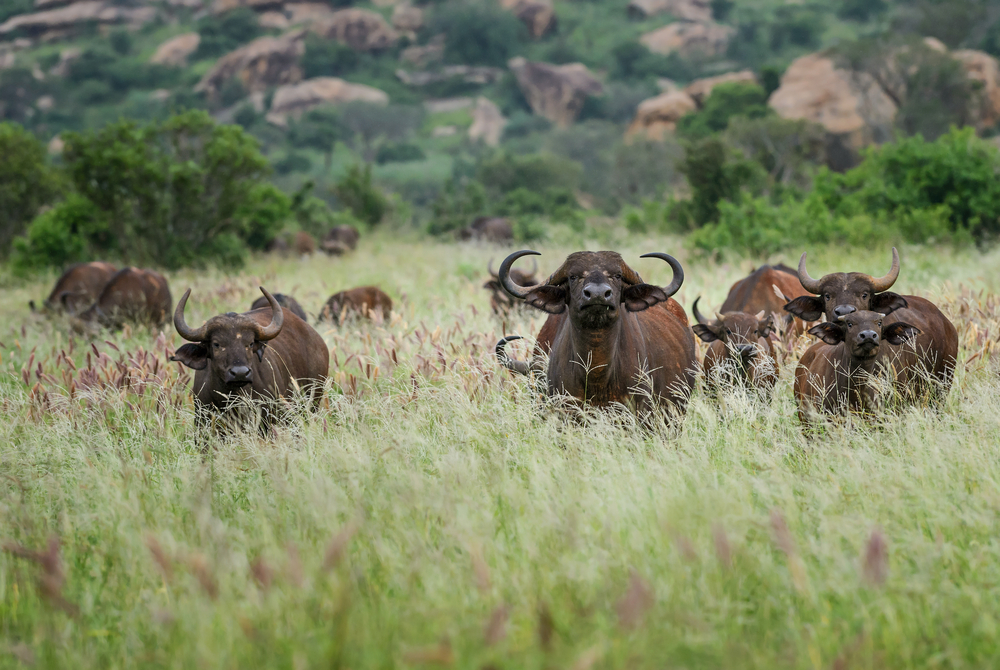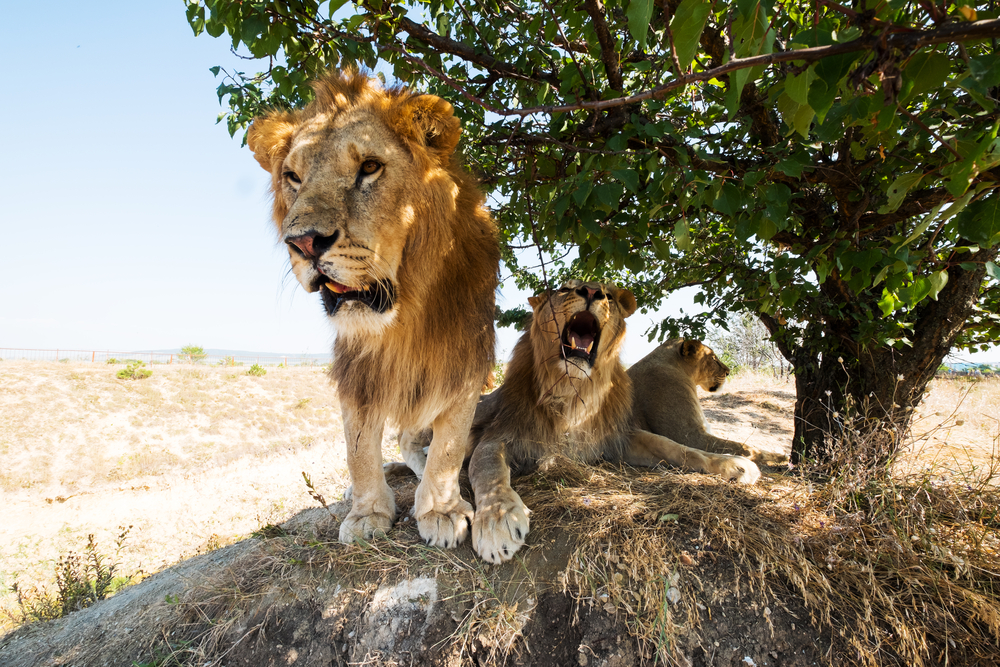Nigeria, the most populous country in Africa, is rich in biodiversity and natural landscapes, ranging from savannas and rainforests to wetlands and mountains. Its national parks play a crucial role in preserving this natural heritage while supporting global conservation efforts. Among the officially recognized national parks, Yankari National Park, Cross River National Park, and Gashaka-Gumti National Park stand out for their ecological and cultural significance, offering a glimpse into the diverse ecosystems and wildlife of Nigeria.
Yankari National Park, located in Bauchi State, is one of Nigeria’s most popular and accessible national parks. Covering about 2,244 square kilometers (867 square miles), it is renowned for its population of African elephants, one of the largest remaining in West Africa. The park’s savannas, hot springs, and rich birdlife attract both researchers and tourists. However, poaching and human encroachment have posed significant challenges to the park’s conservation. Recent anti-poaching efforts and community engagement programs have helped stabilize wildlife populations, making Yankari a success story in Nigeria’s conservation landscape.
Cross River National Park, situated in the southeastern part of the country, is a biodiversity hotspot and a sanctuary for endangered species such as the Cross River gorilla, Nigeria-Cameroon chimpanzee, and forest elephants. Spanning approximately 4,000 square kilometers (1,544 square miles), the park comprises two divisions: the Oban and Okwangwo sectors. Its dense rainforests support a wealth of plant and animal life, making it an essential part of the Guinean Forests of West Africa Biodiversity Hotspot. Despite its ecological importance, the park faces challenges from logging, hunting, and agricultural encroachment. Collaborative conservation efforts involving local communities and international organizations have been crucial in mitigating these threats.
Gashaka-Gumti National Park, located in northeastern Nigeria, is the largest national park in the country, covering 6,731 square kilometers (2,599 square miles). Its diverse landscapes include montane forests, savannas, and river valleys, providing habitats for species such as the Nigerian-Cameroon chimpanzee, leopards, and giant elands. The park also hosts a variety of bird species, making it a prime destination for birdwatching. Conservation initiatives have focused on combating poaching and illegal grazing while promoting eco-tourism as a sustainable source of revenue for local communities.
Nigeria’s national parks face numerous conservation challenges, including habitat loss, poaching, and limited funding for management and enforcement. However, there have been notable successes, particularly in parks like Yankari and Gashaka-Gumti, where collaborative efforts have yielded positive results. Eco-tourism and environmental education are increasingly recognized as valuable tools for raising awareness and generating resources for conservation.
The national parks of Nigeria are vital for preserving the country’s natural heritage and supporting its biodiversity. They offer opportunities for eco-tourism and sustainable development while serving as critical refuges for endangered species. With continued conservation efforts and community involvement, these parks hold the potential to thrive as both ecological sanctuaries and cultural treasures.


